Q. When football people refer to "setting the edge," what does that mean?
A. It means making sure that if you're a force-player, or if you're a defender who turns the ball back into the other defenders that nothing goes on outside of you. We all know that the field is 53 1/3 yards wide, and you don't want to have to defend all of that grass. So you get good, responsible people in terms of setting the edge, and they make sure all of the action goes on inside of them, and that reduces the amount of field the other 10 guys have to cover.
**
Take a look back at some of the Steelers most memorable playoff games at Heinz Field.

The Steelers defeated the Dolphins 30-12 in an AFC Wild Card playoff game on January 8, 2017.
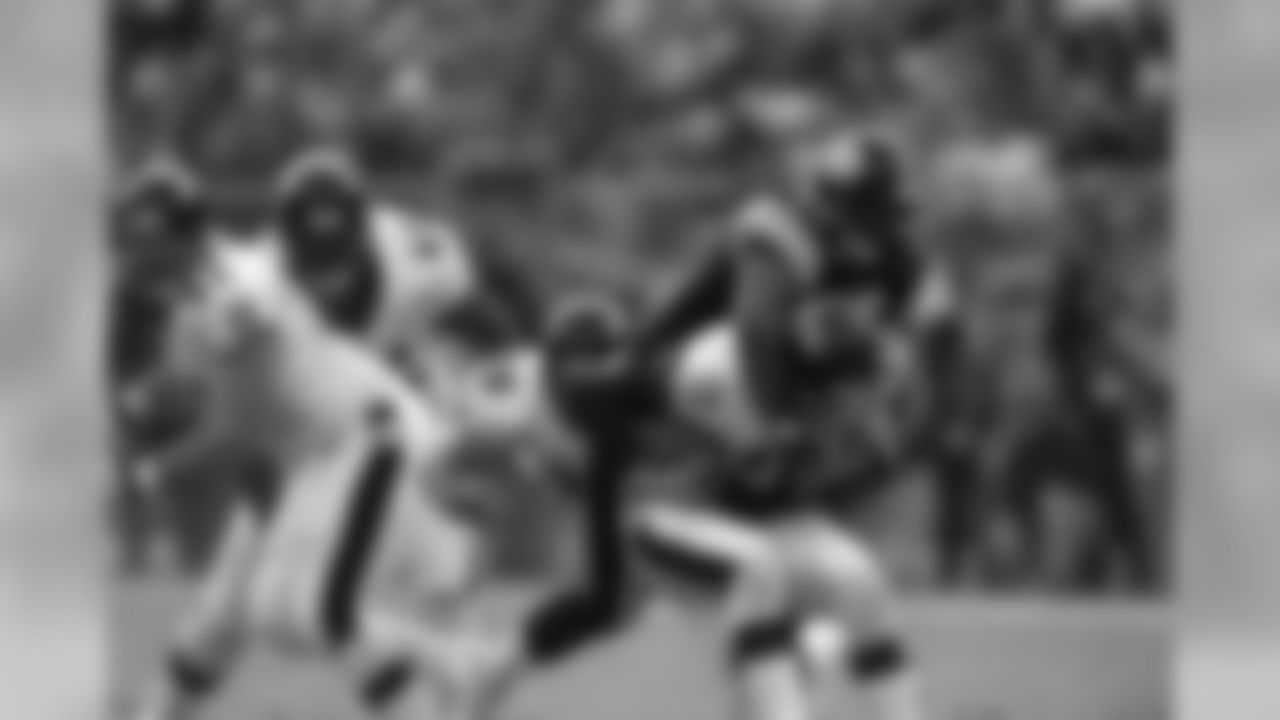
The Steelers defeated the Ravens 27-10 in an AFC Divisional playoff game on January 20, 2002.
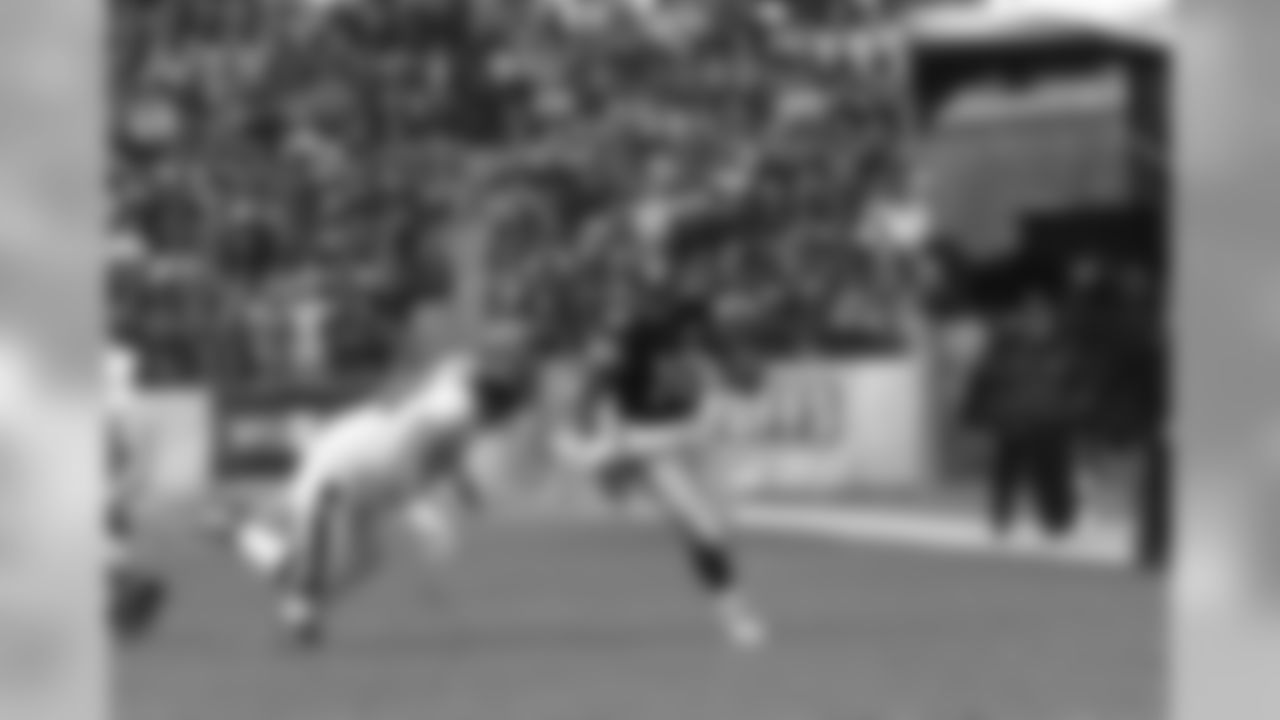
The Steelers defeated the Ravens 27-10 in an AFC Divisional playoff game on January 20, 2002.

The Steelers defeated the Ravens 27-10 in an AFC Divisional playoff game on January 20, 2002.

The Steelers defeated the Ravens 27-10 in an AFC Divisional playoff game on January 20, 2002.

The Steelers defeated the Ravens 27-10 in an AFC Divisional playoff game on January 20, 2002.

The Steelers defeated the Ravens 27-10 in an AFC Divisional playoff game on January 20, 2002.

The Steelers defeated the Ravens 27-10 in an AFC Divisional playoff game on January 20, 2002.
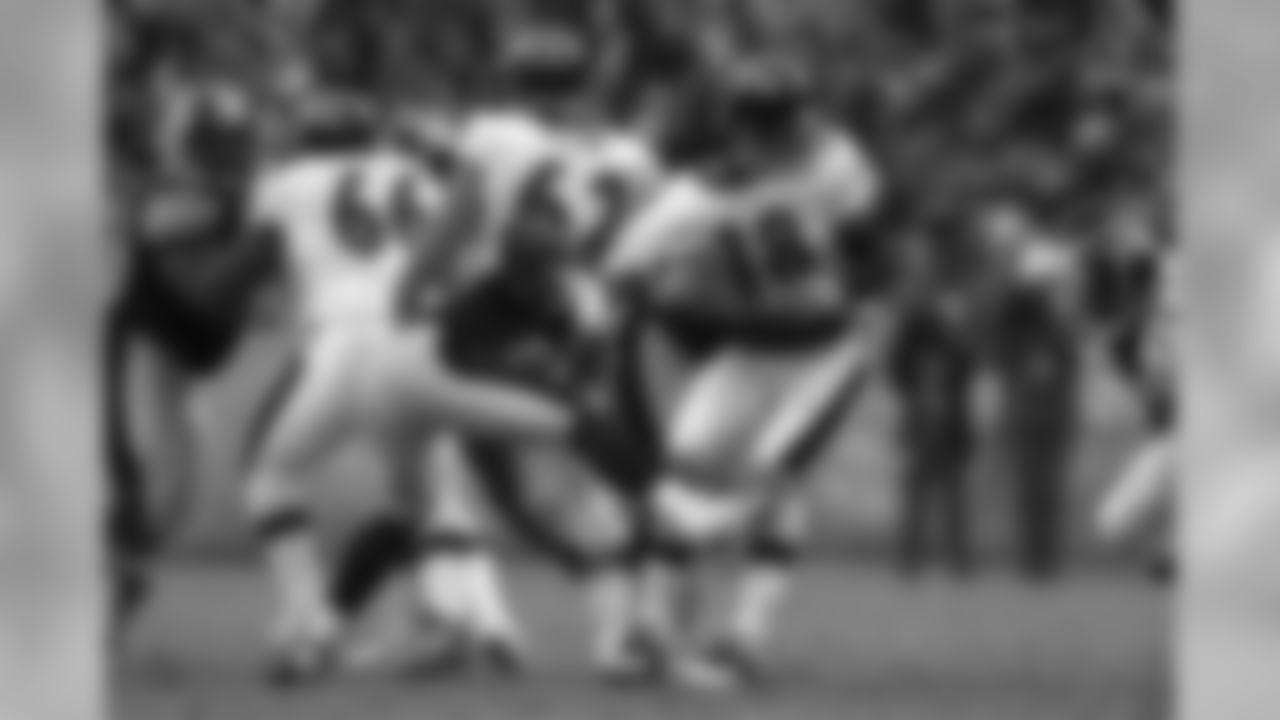
The Steelers defeated the Ravens 27-10 in an AFC Divisional playoff game on January 20, 2002.
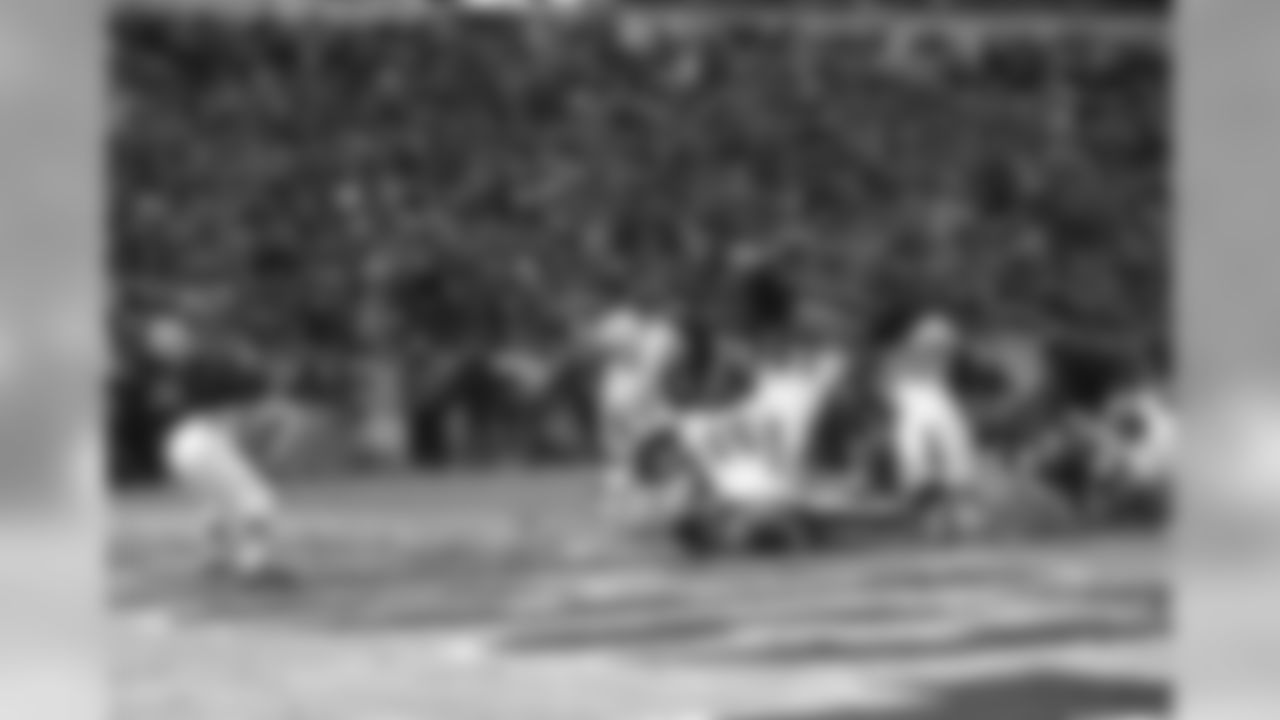
The Steelers defeated the Ravens 27-10 in an AFC Divisional playoff game on January 20, 2002.
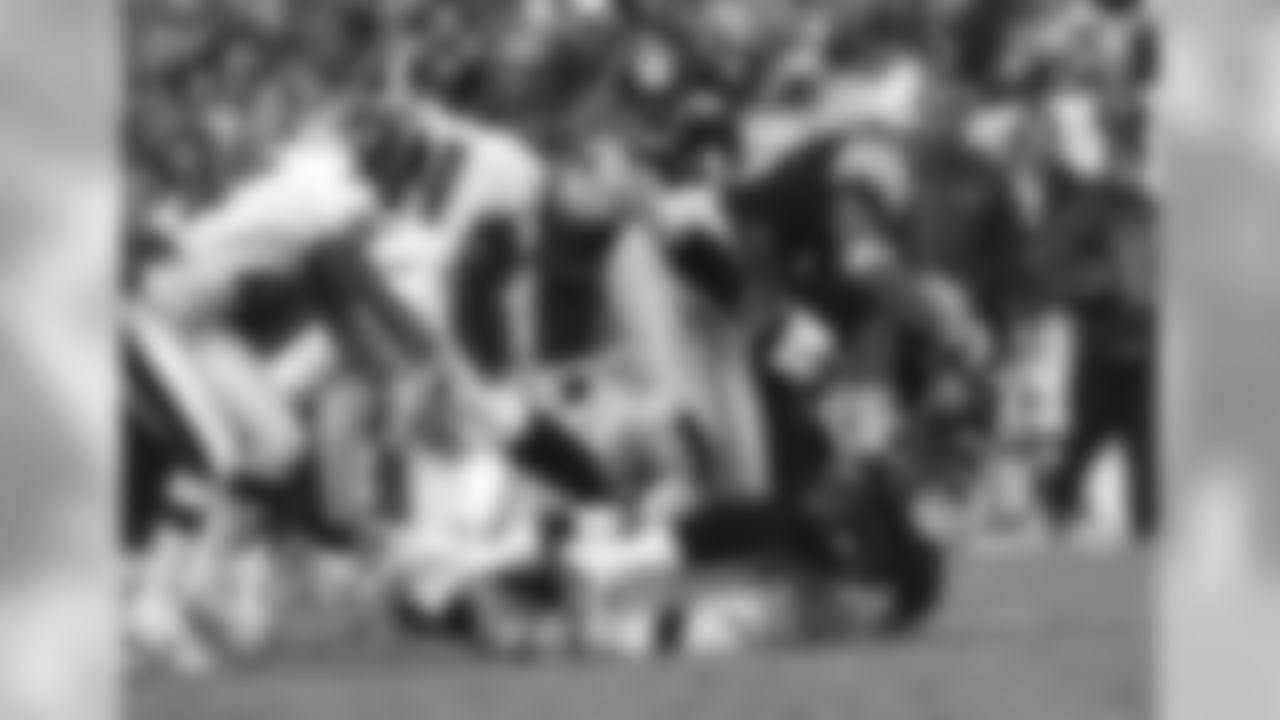
The Steelers defeated the Ravens 27-10 in an AFC Divisional playoff game on January 20, 2002.

The Steelers defeated the Browns 36-33 in an AFC Wild Card playoff game on January 5, 2003.
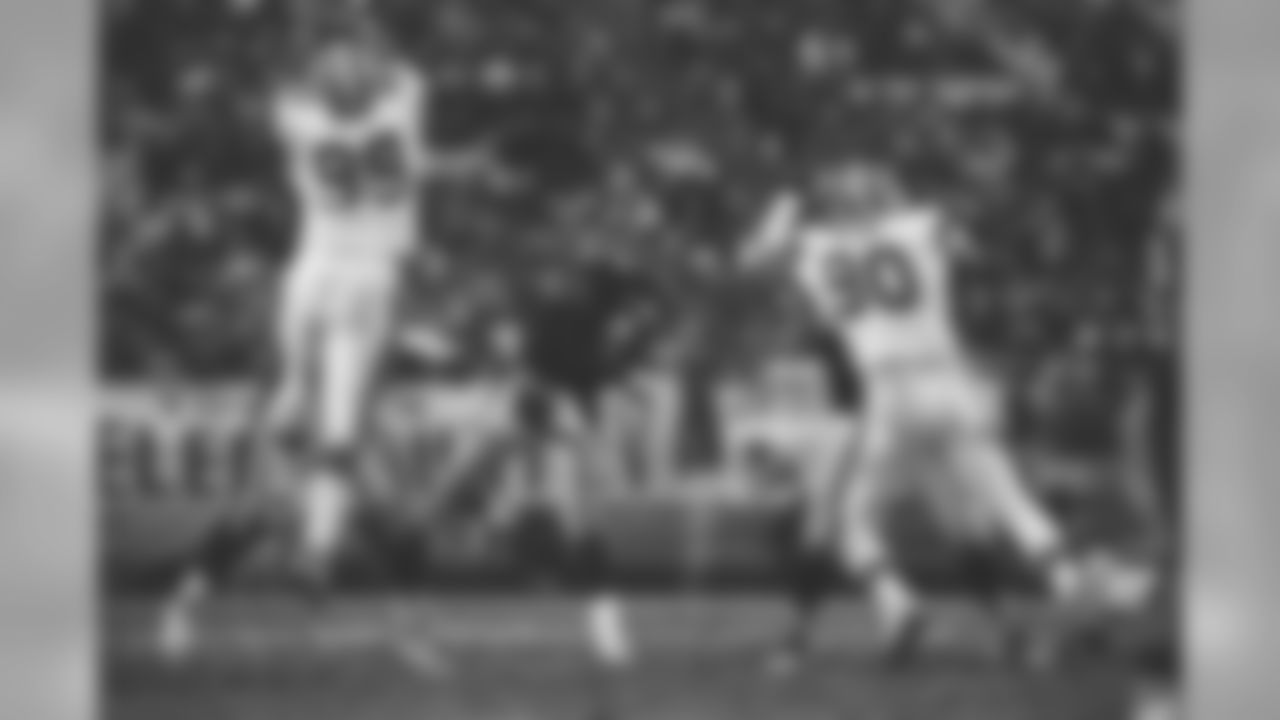
The Steelers defeated the Browns 36-33 in an AFC Wild Card playoff game on January 5, 2003.

The Steelers defeated the Browns 36-33 in an AFC Wild Card playoff game on January 5, 2003.
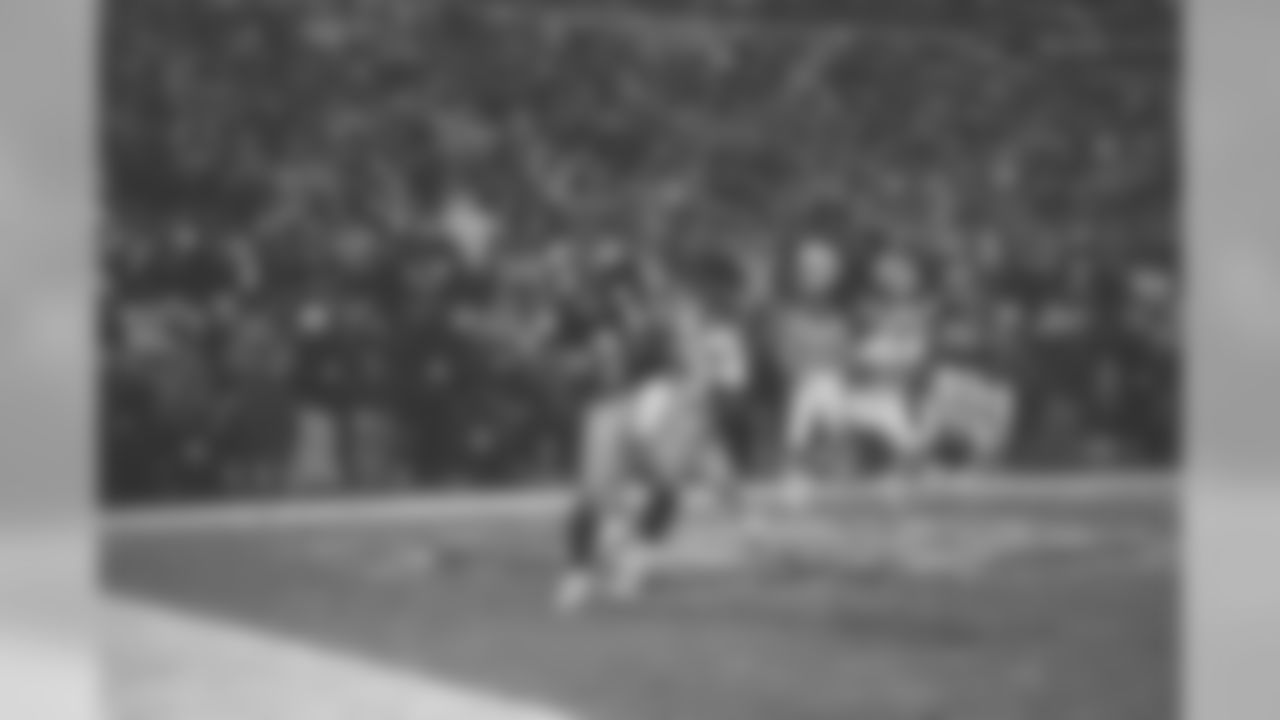
The Steelers defeated the Browns 36-33 in an AFC Wild Card playoff game on January 5, 2003.

The Steelers defeated the Browns 36-33 in an AFC Wild Card playoff game on January 5, 2003.
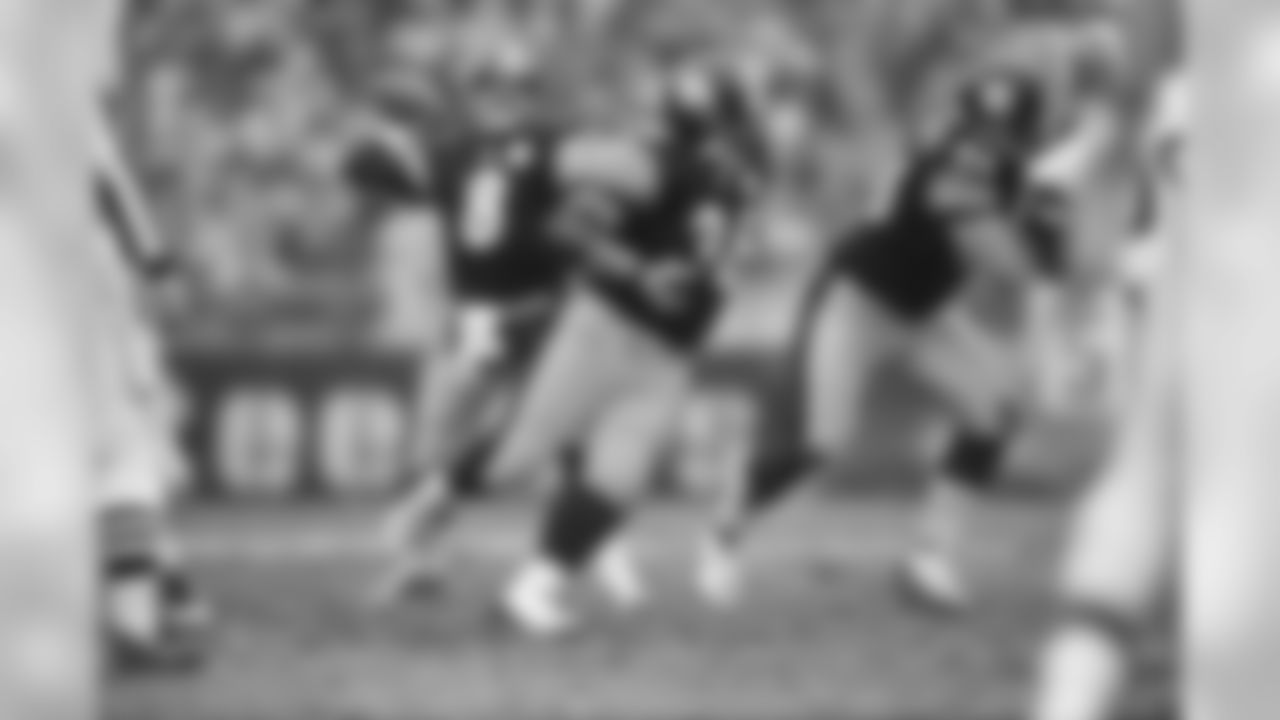
The Steelers defeated the Browns 36-33 in an AFC Wild Card playoff game on January 5, 2003.
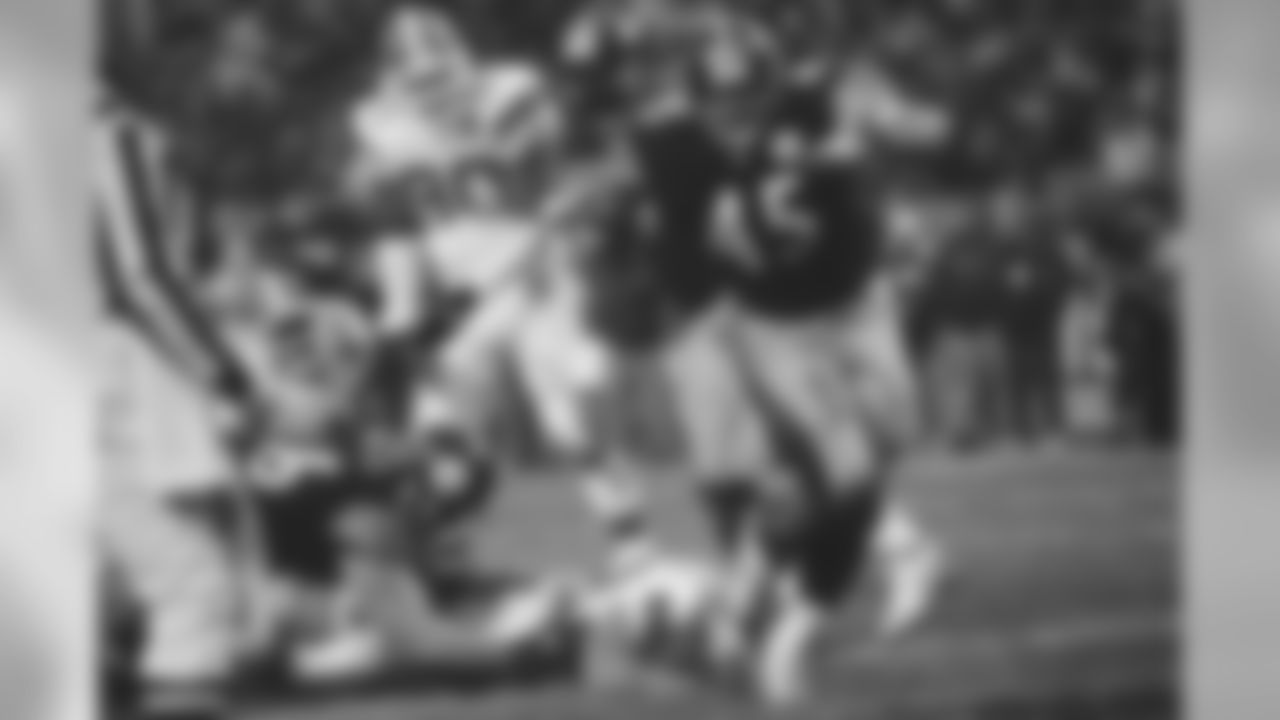
The Steelers defeated the Browns 36-33 in an AFC Wild Card playoff game on January 5, 2003.

The Steelers defeated the Browns 36-33 in an AFC Wild Card playoff game on January 5, 2003.

The Steelers defeated the Browns 36-33 in an AFC Wild Card playoff game on January 5, 2003.
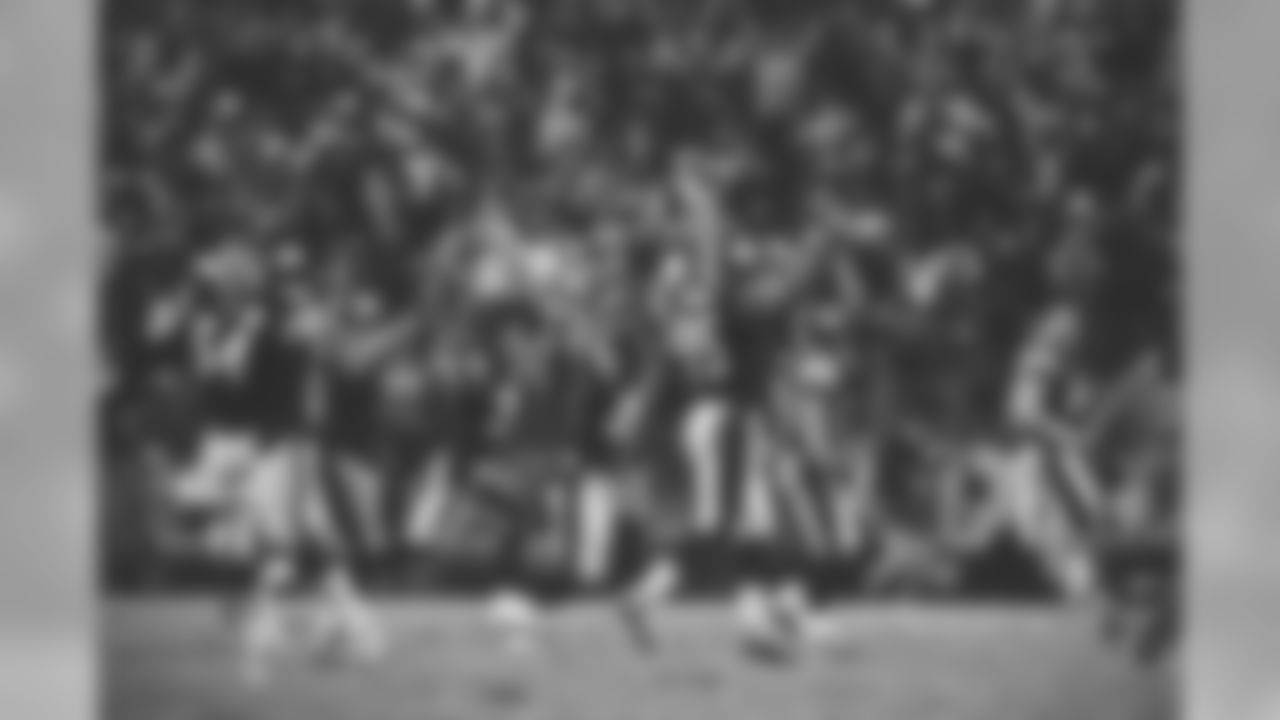
The Steelers defeated the Browns 36-33 in an AFC Wild Card playoff game on January 5, 2003.
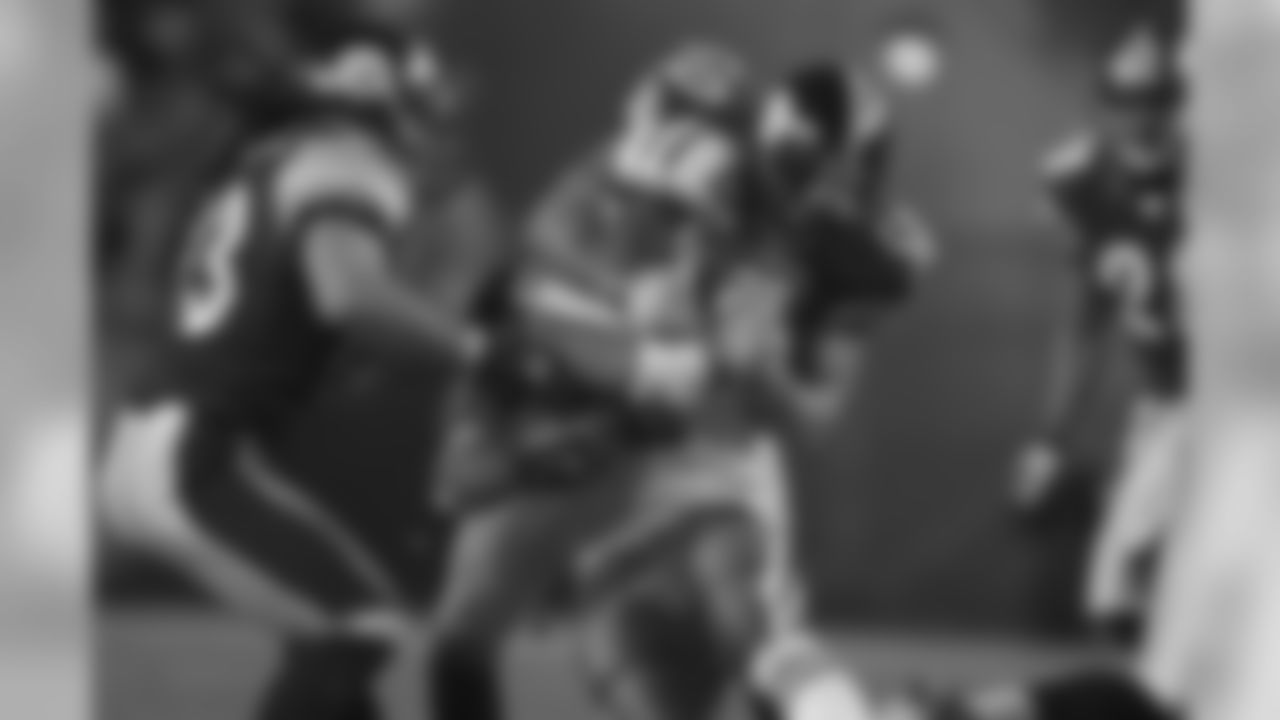
The Steelers defeated the Jets 20-17 in an AFC Divisional playoff game on January 15, 2005.
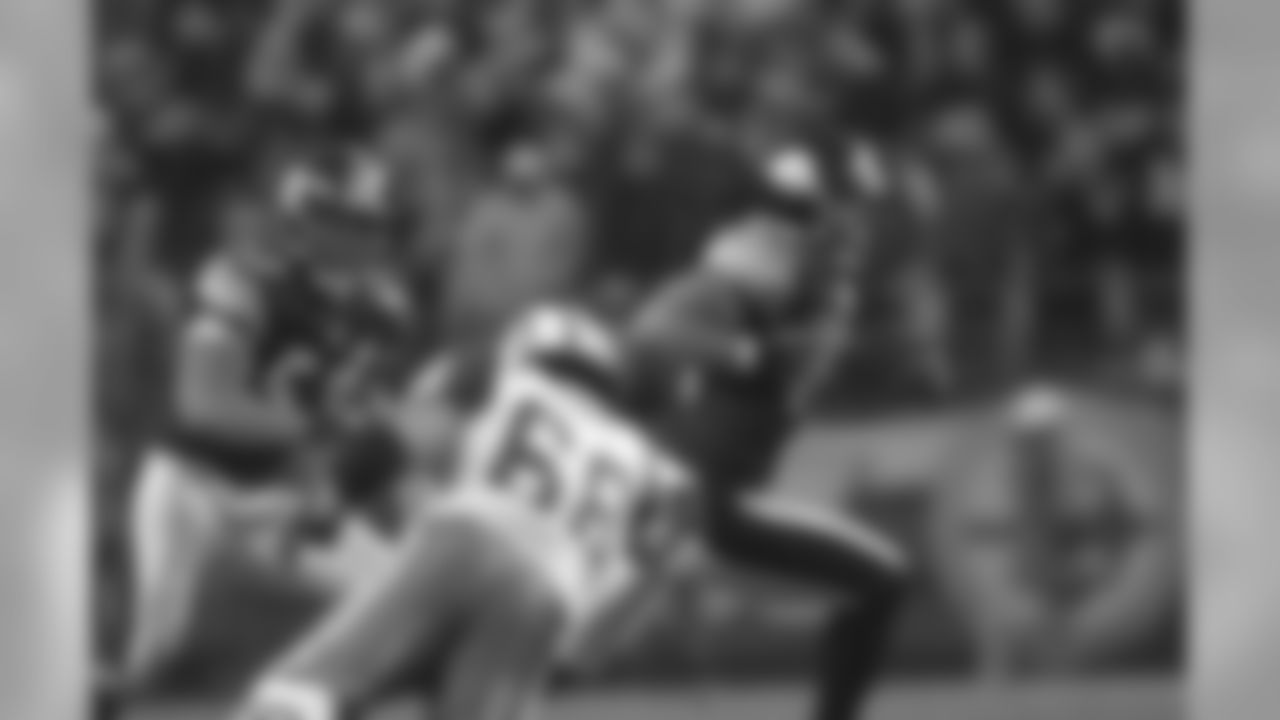
The Steelers defeated the Jets 20-17 in an AFC Divisional playoff game on January 15, 2005.
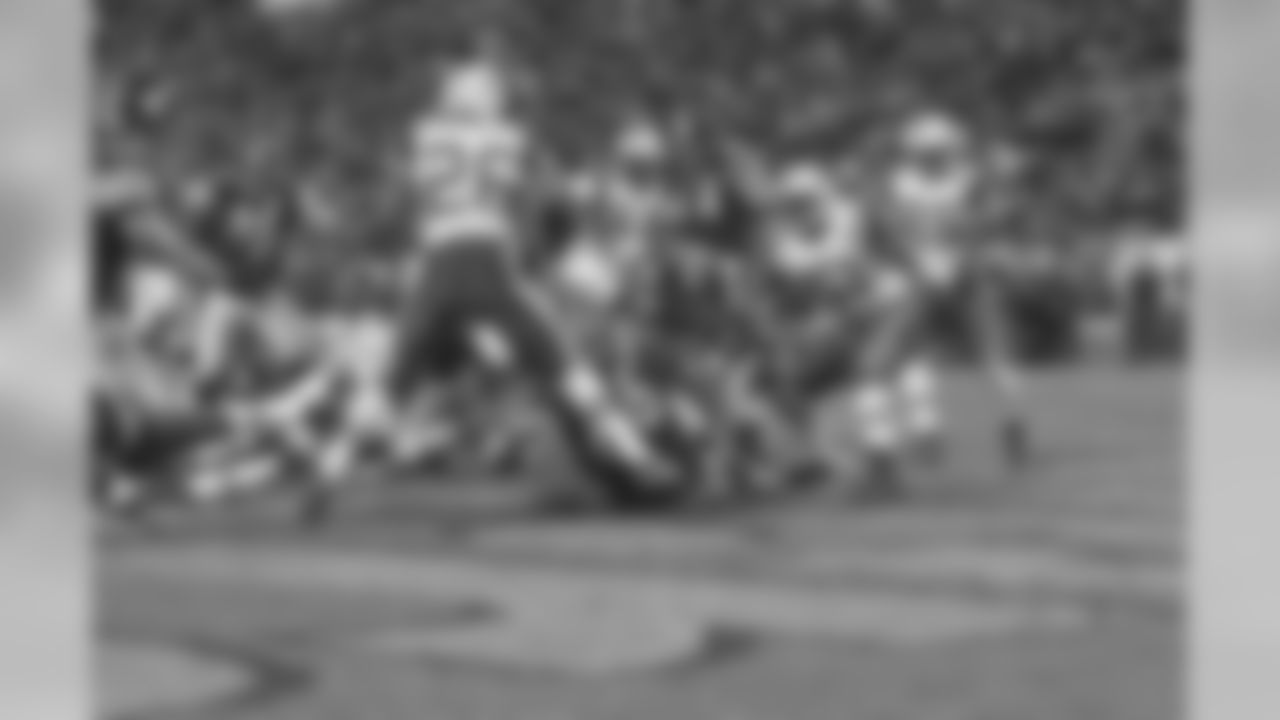
The Steelers defeated the Jets 20-17 in an AFC Divisional playoff game on January 15, 2005.
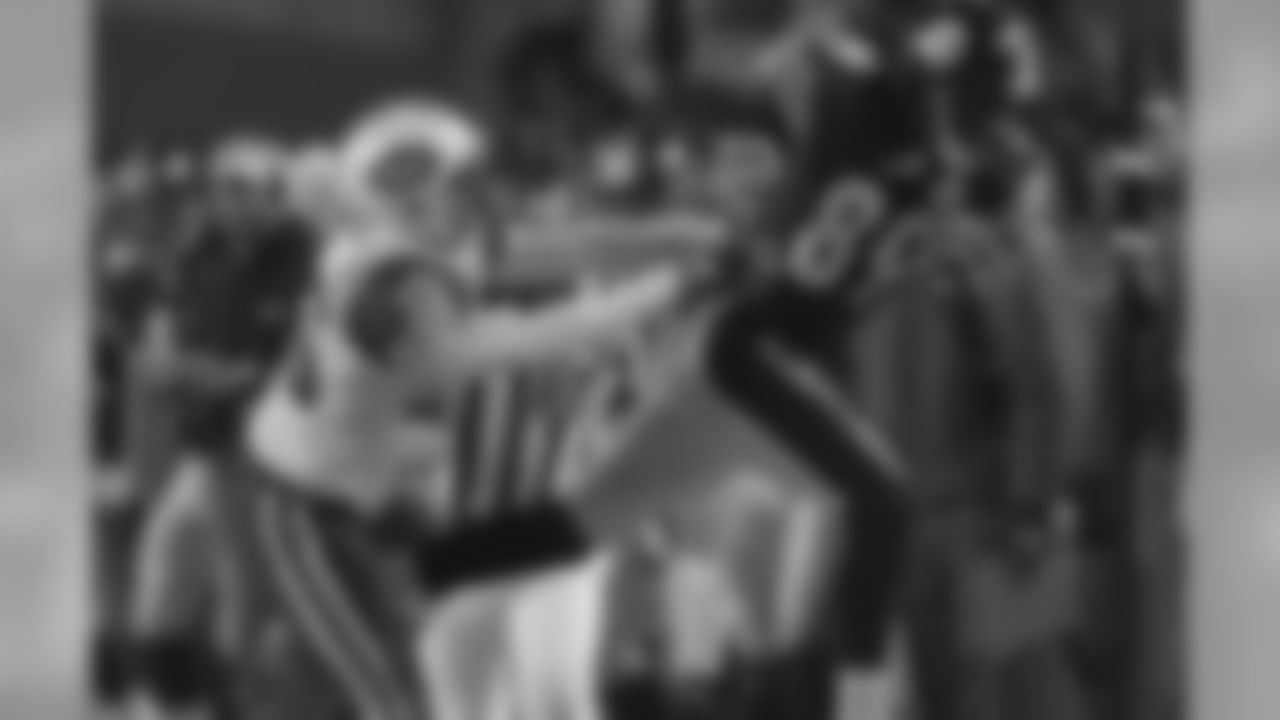
The Steelers defeated the Jets 20-17 in an AFC Divisional playoff game on January 15, 2005.
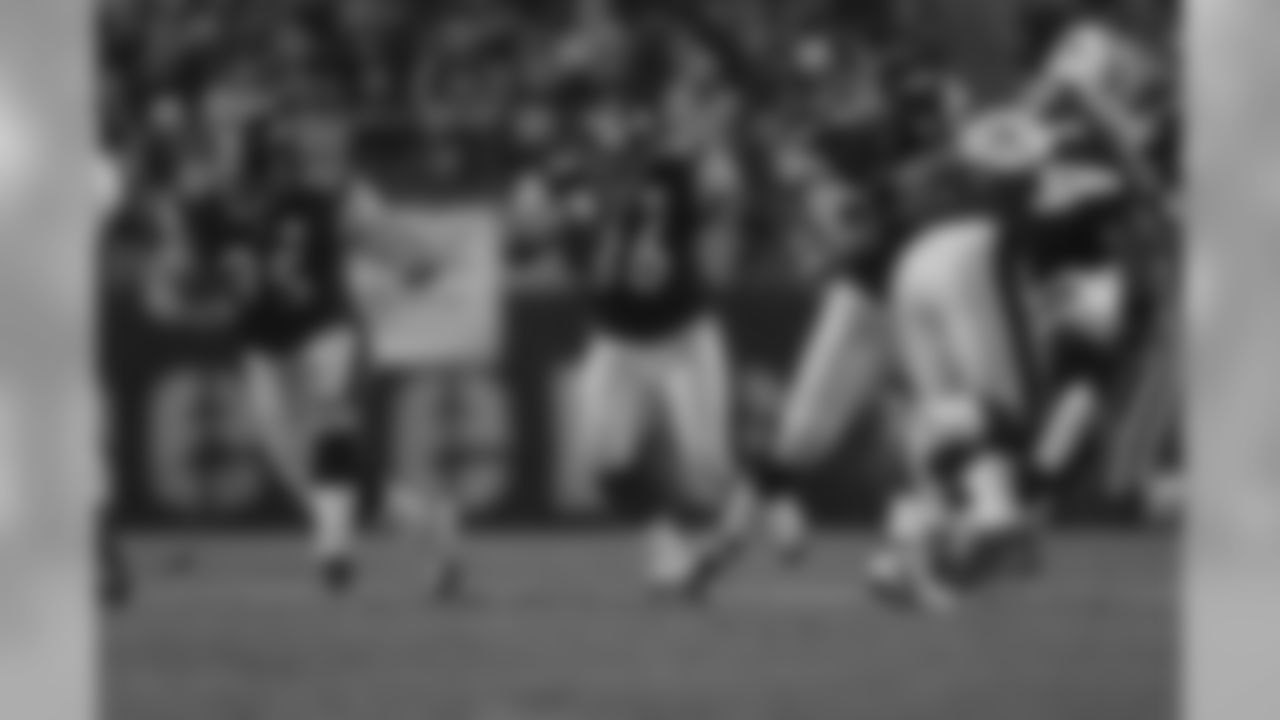
The Steelers defeated the Jets 20-17 in an AFC Divisional playoff game on January 15, 2005.

The Steelers defeated the Jets 20-17 in an AFC Divisional playoff game on January 15, 2005.
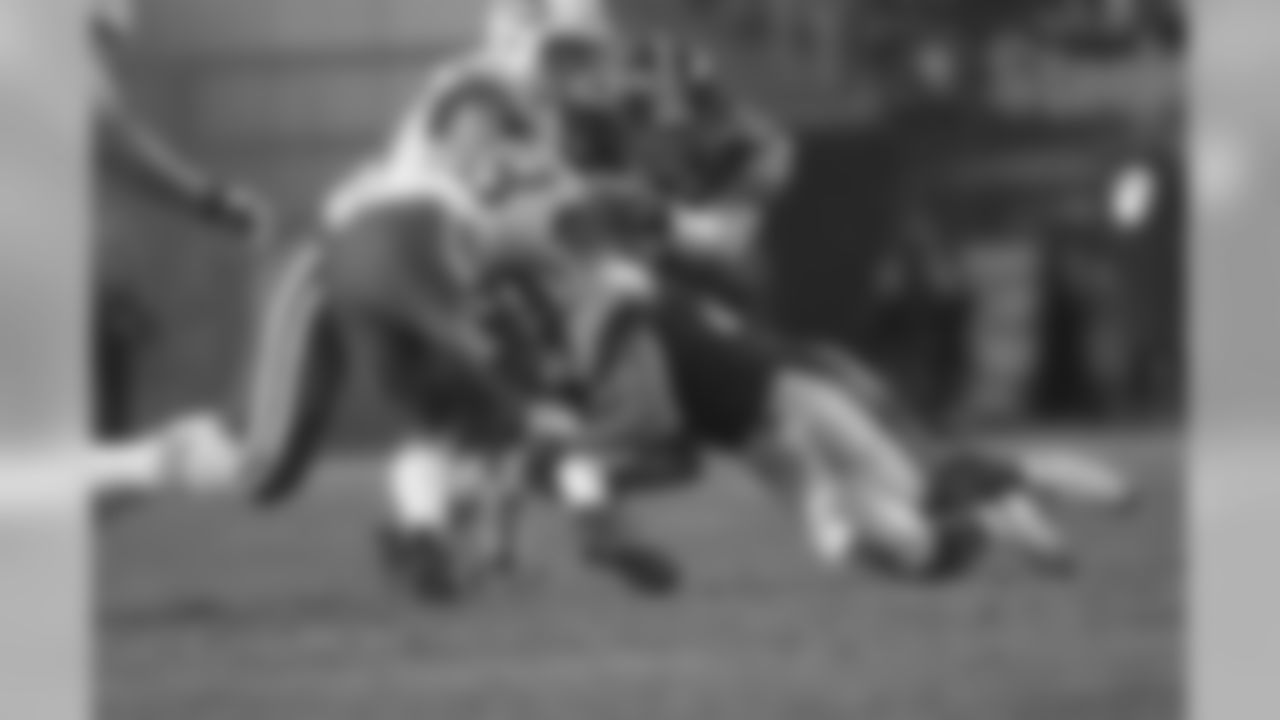
The Steelers defeated the Jets 20-17 in an AFC Divisional playoff game on January 15, 2005.
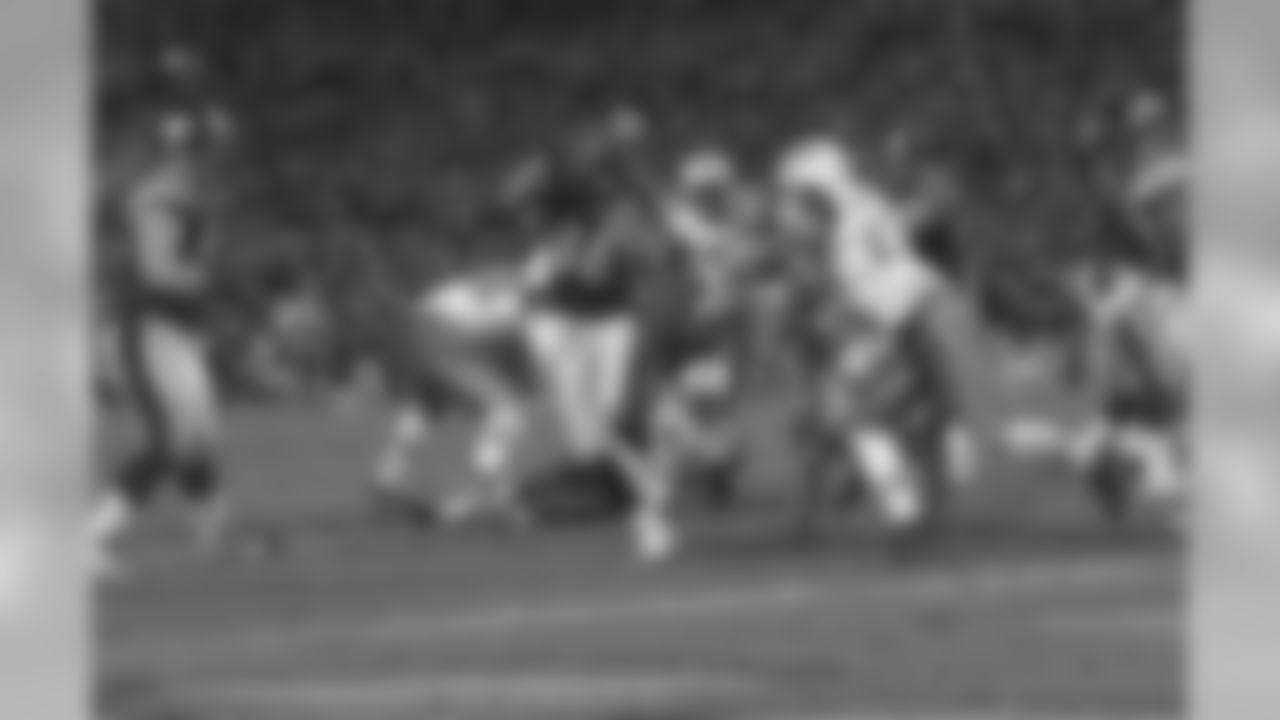
The Steelers defeated the Jets 20-17 in an AFC Divisional playoff game on January 15, 2005.

The Steelers defeated the Jets 20-17 in an AFC Divisional playoff game on January 15, 2005.
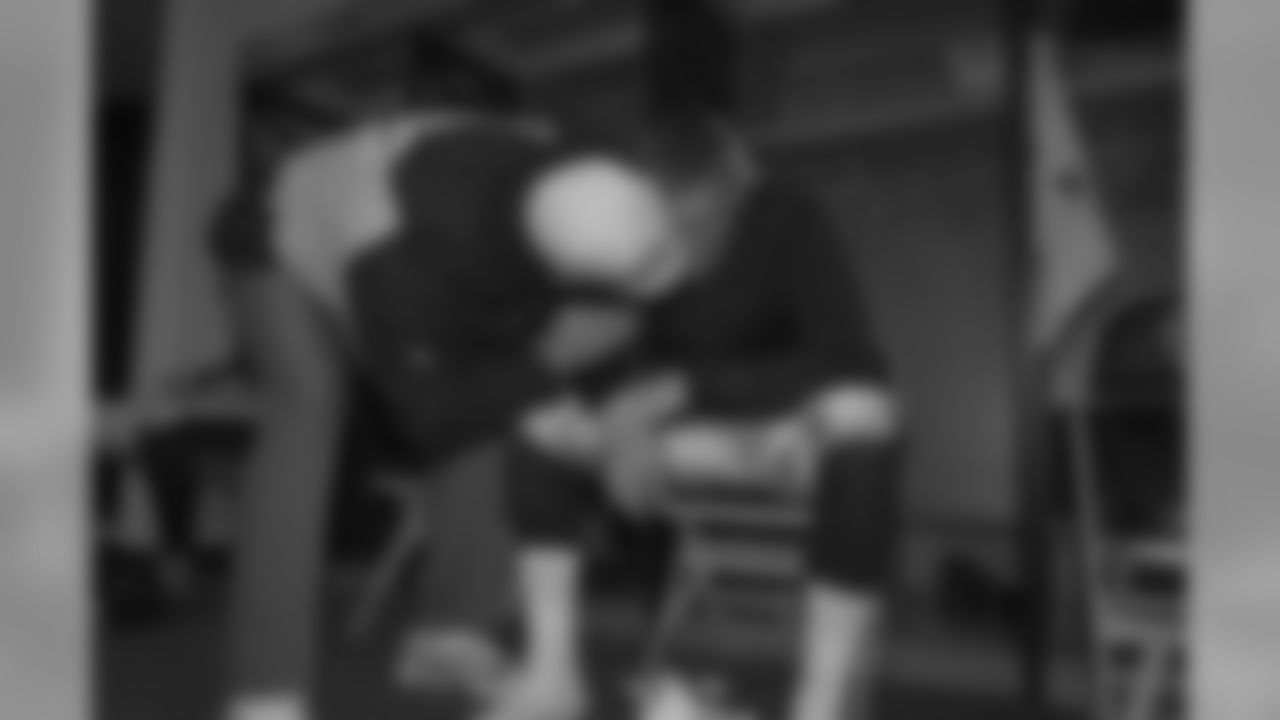
The Steelers defeated the Jets 20-17 in an AFC Divisional playoff game on January 15, 2005.
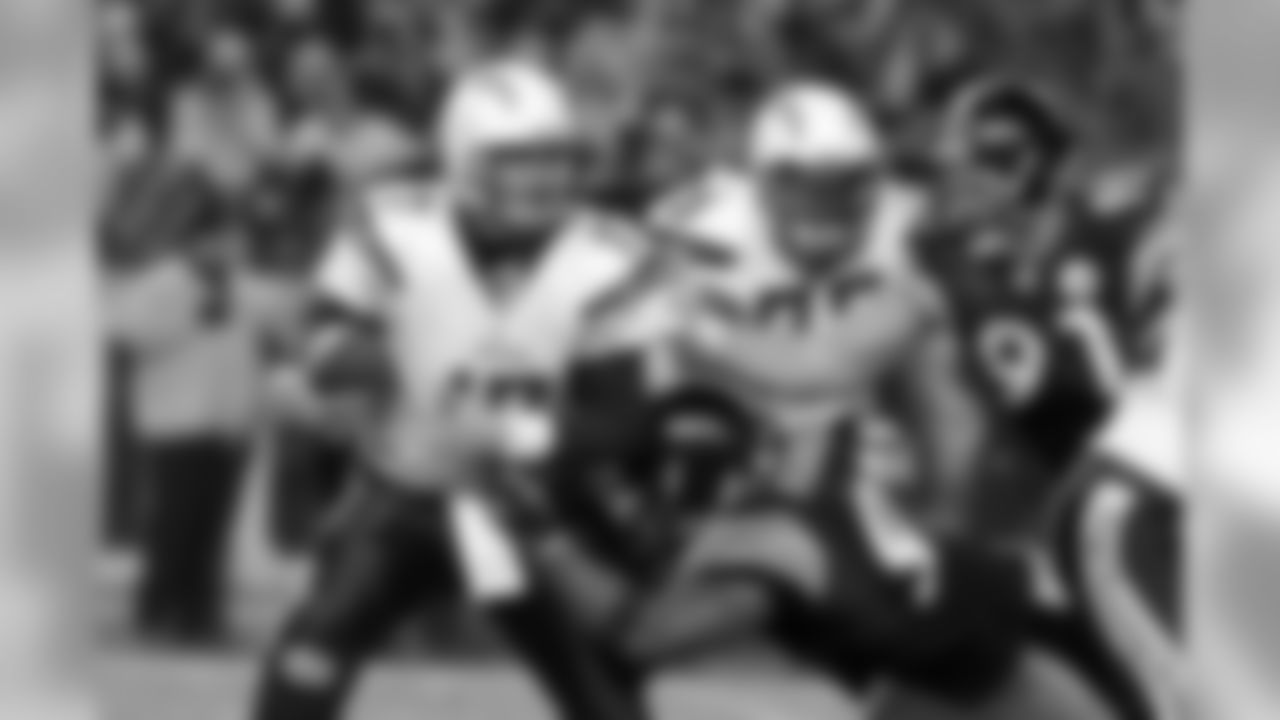
The Steelers defeated the Chargers 35-24 in an AFC Divisional playoff game on January 11, 2009.
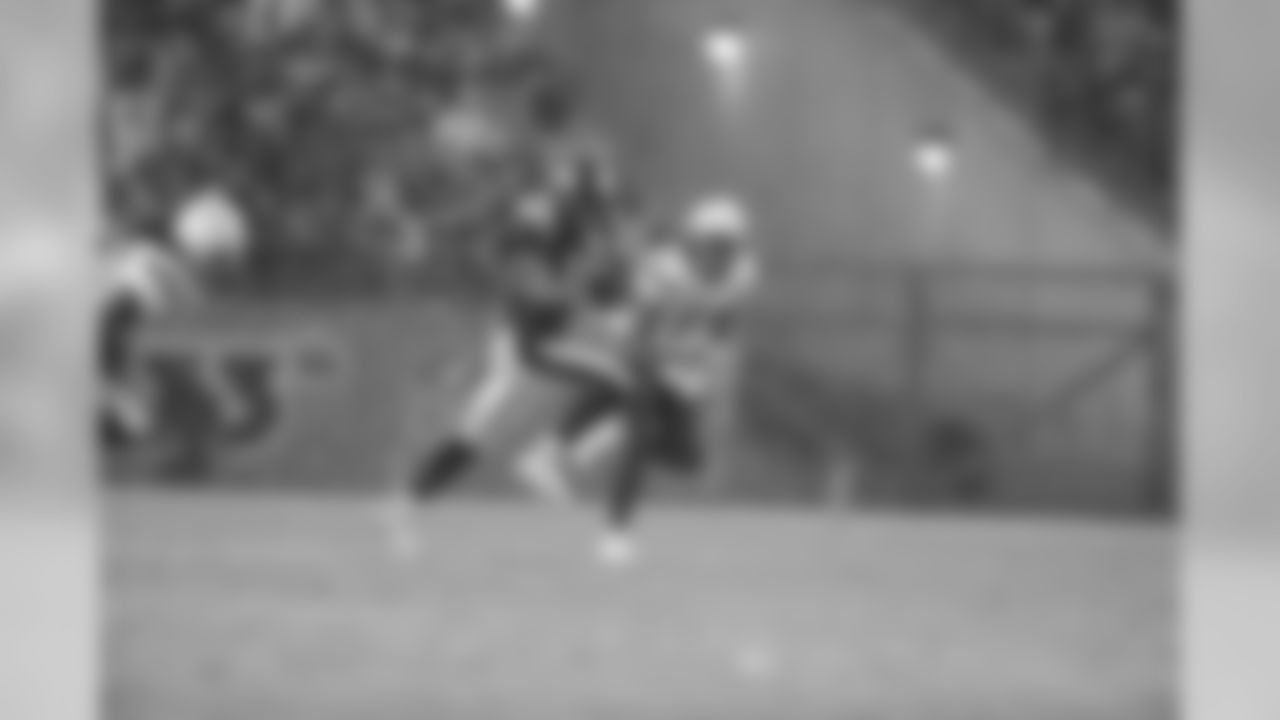
The Steelers defeated the Chargers 35-24 in an AFC Divisional playoff game on January 11, 2009.
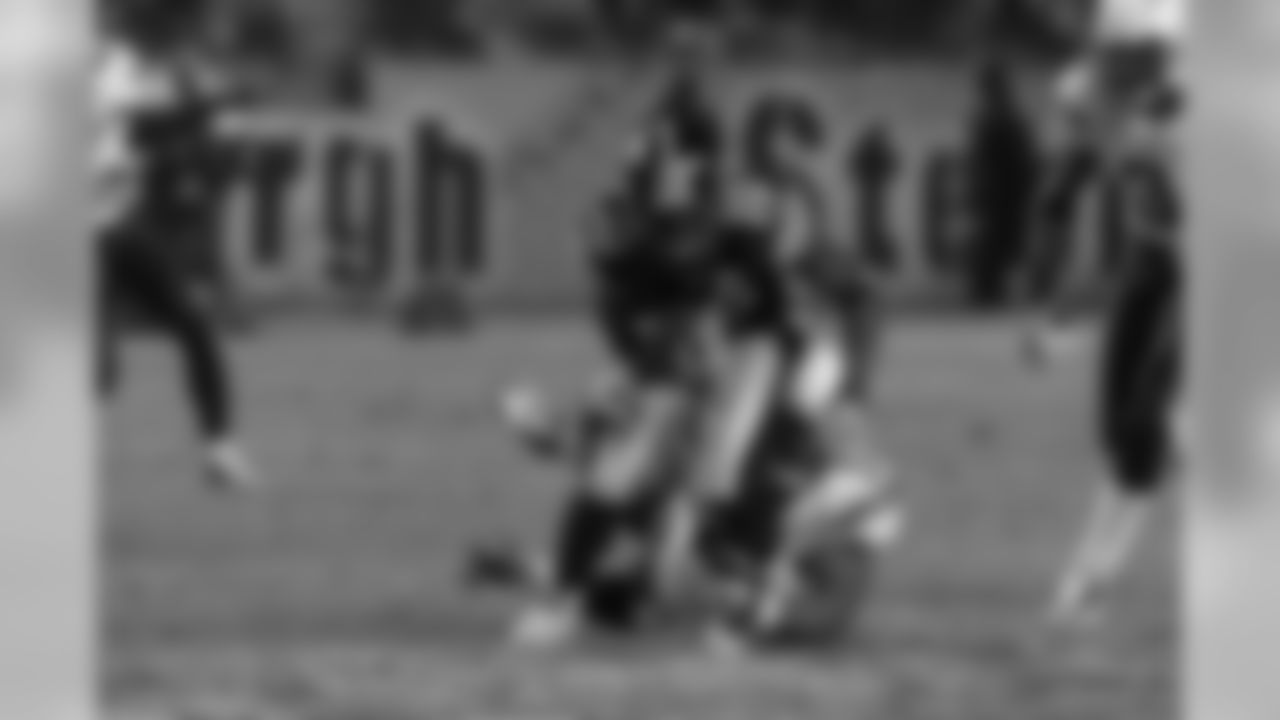
The Steelers defeated the Chargers 35-24 in an AFC Divisional playoff game on January 11, 2009.
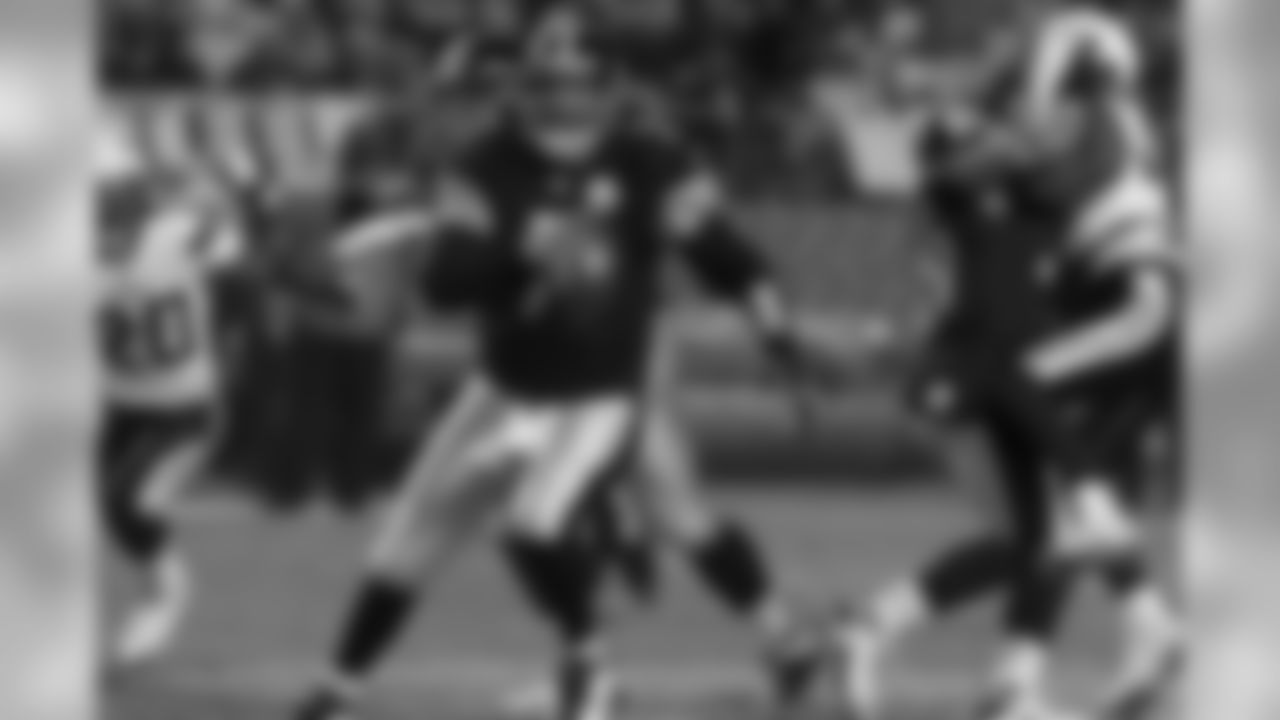
The Steelers defeated the Chargers 35-24 in an AFC Divisional playoff game on January 11, 2009.

The Steelers defeated the Chargers 35-24 in an AFC Divisional playoff game on January 11, 2009.
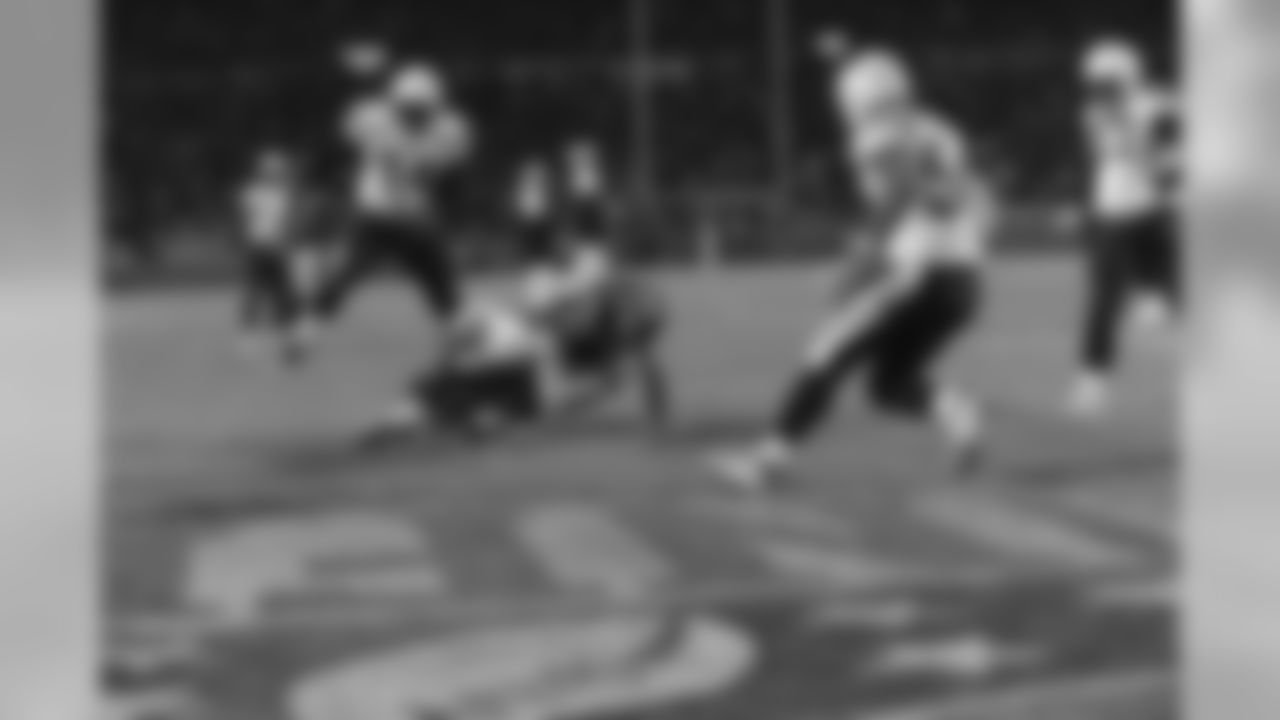
The Steelers defeated the Chargers 35-24 in an AFC Divisional playoff game on January 11, 2009.
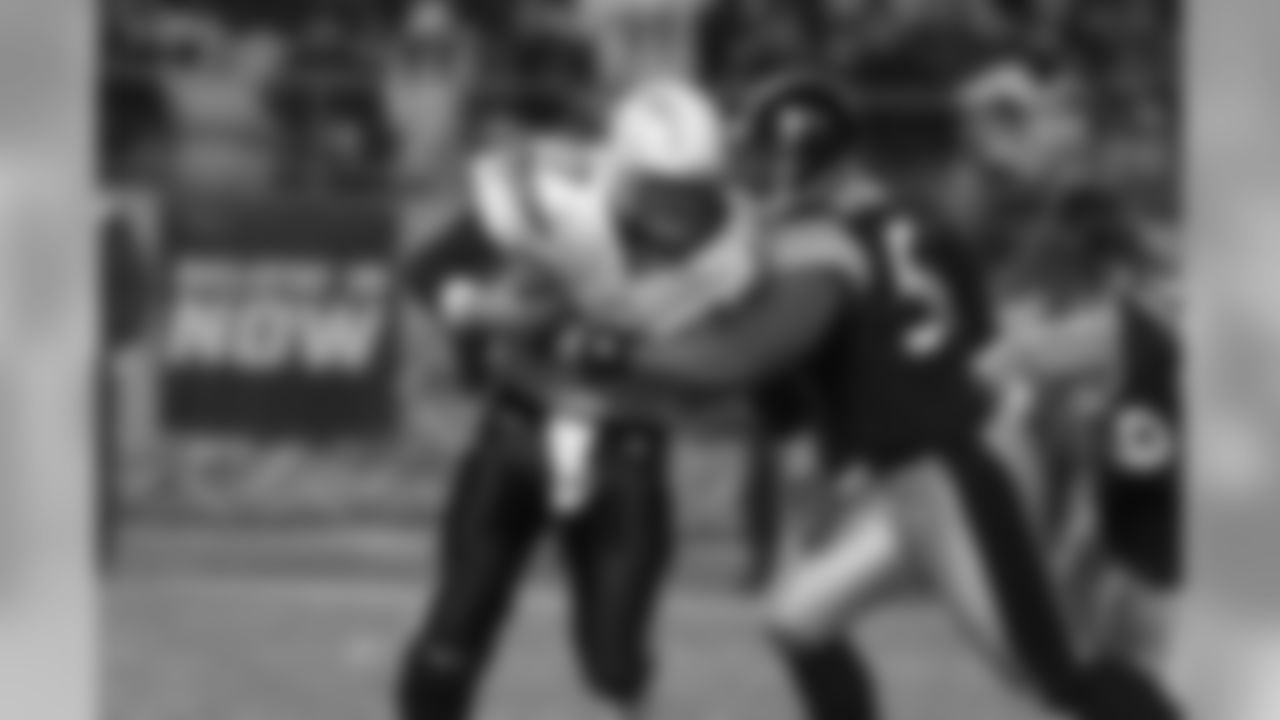
The Steelers defeated the Chargers 35-24 in an AFC Divisional playoff game on January 11, 2009.

The Steelers defeated the Chargers 35-24 in an AFC Divisional playoff game on January 11, 2009.
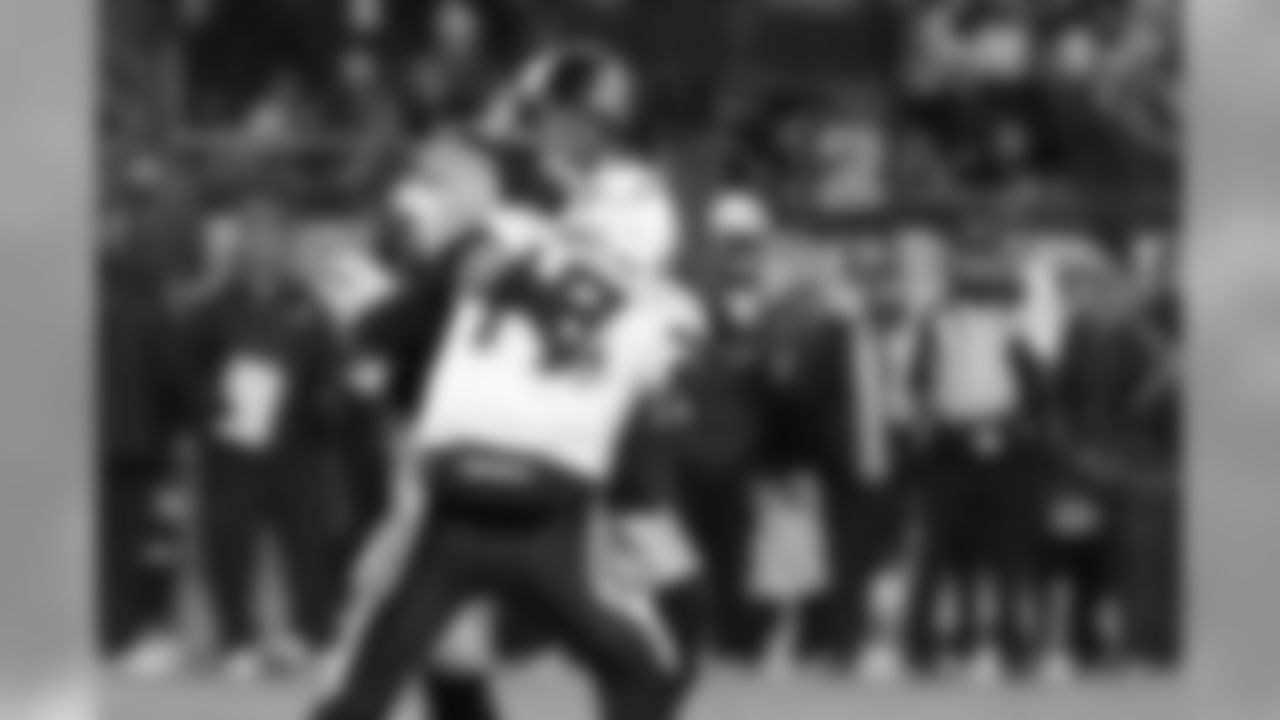
The Steelers defeated the Chargers 35-24 in an AFC Divisional playoff game on January 11, 2009.

The Steelers defeated the Chargers 35-24 in an AFC Divisional playoff game on January 11, 2009.

The Steelers defeated the Ravens 23-14 in an AFC Championship playoff game on January 18, 2009.
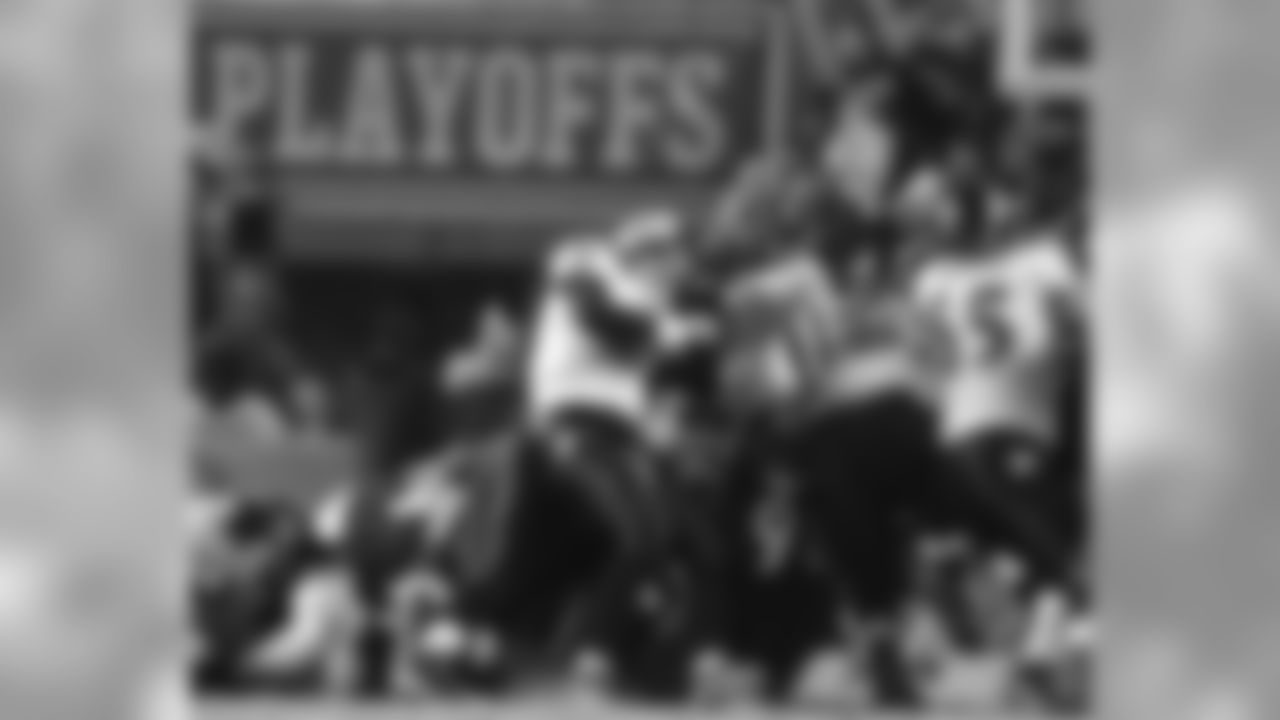
The Steelers defeated the Ravens 23-14 in an AFC Championship playoff game on January 18, 2009.
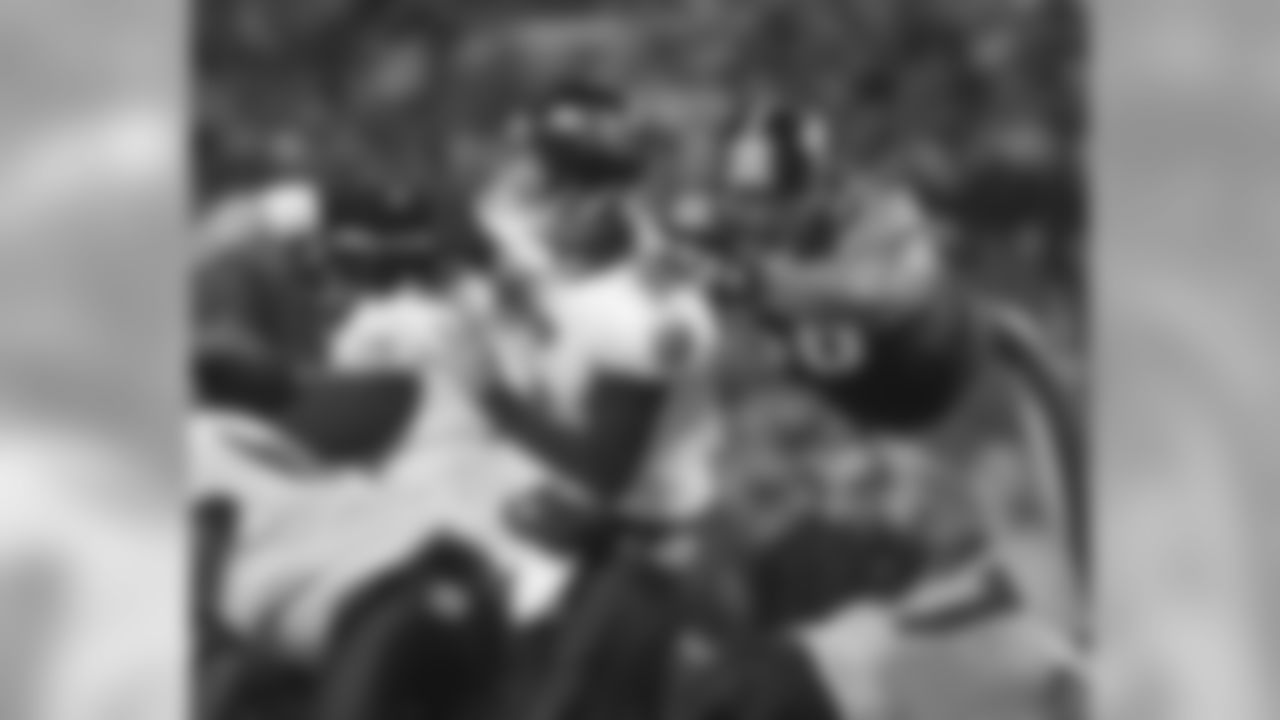
The Steelers defeated the Ravens 23-14 in an AFC Championship playoff game on January 18, 2009.

The Steelers defeated the Ravens 23-14 in an AFC Championship playoff game on January 18, 2009.
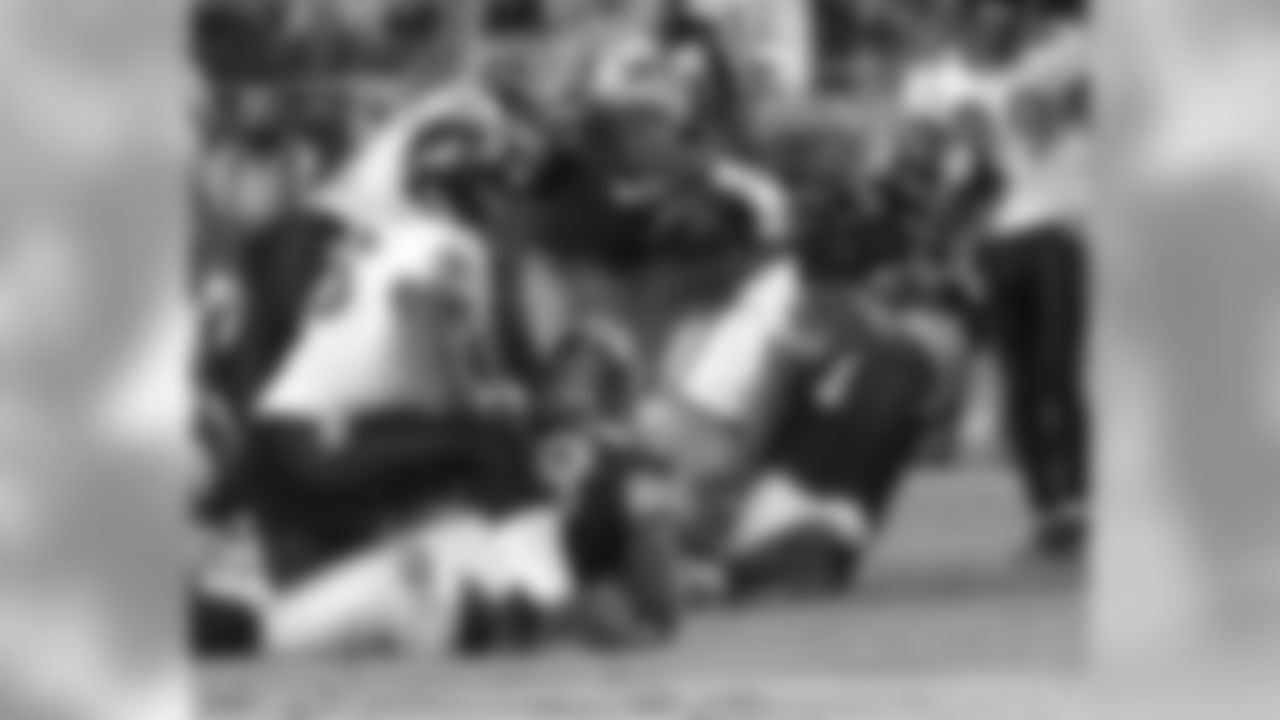
The Steelers defeated the Ravens 23-14 in an AFC Championship playoff game on January 18, 2009.

The Steelers defeated the Ravens 23-14 in an AFC Championship playoff game on January 18, 2009.
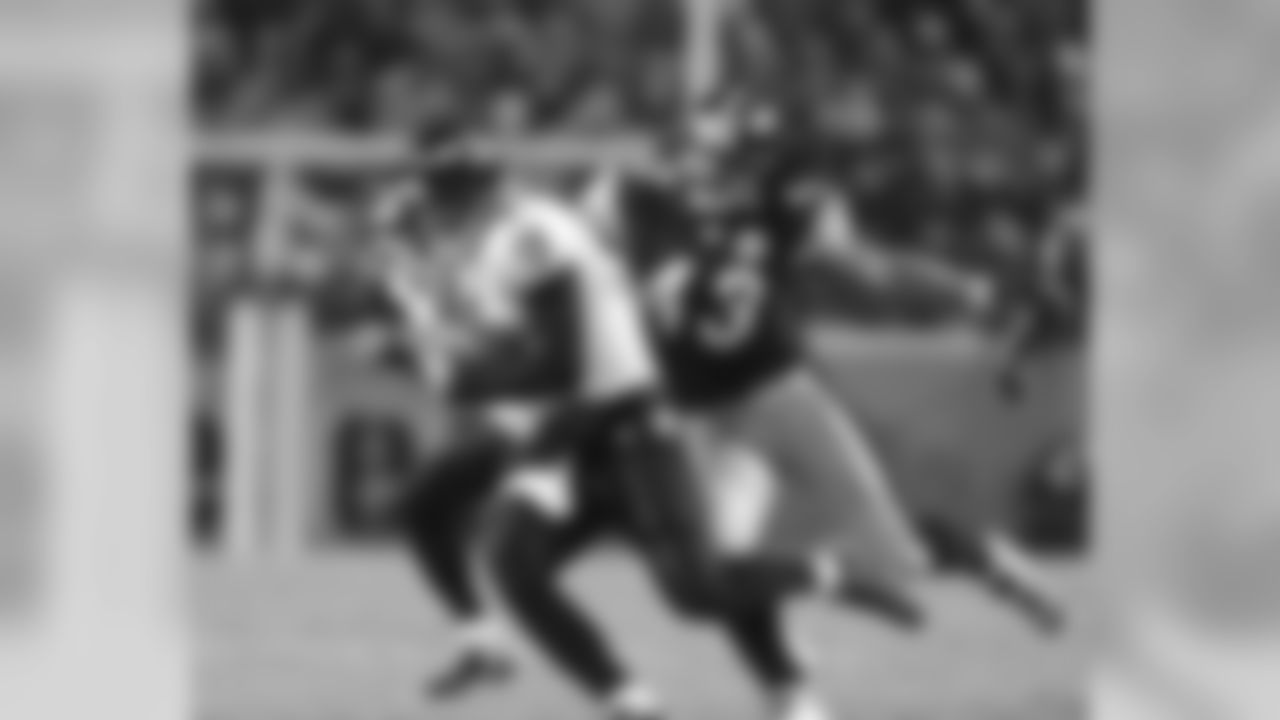
The Steelers defeated the Ravens 23-14 in an AFC Championship playoff game on January 18, 2009.

The Steelers defeated the Ravens 23-14 in an AFC Championship playoff game on January 18, 2009.

The Steelers defeated the Ravens 23-14 in an AFC Championship playoff game on January 18, 2009.
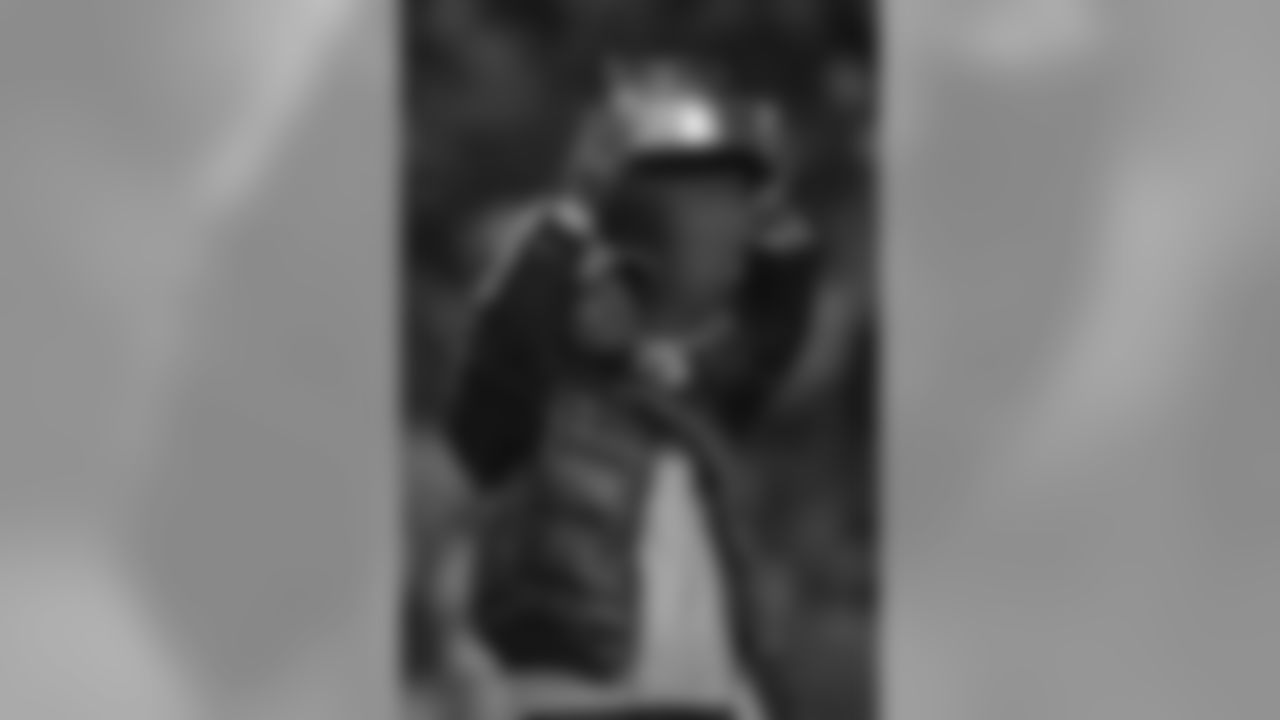
The Steelers defeated the Ravens 23-14 in an AFC Championship playoff game on January 18, 2009.
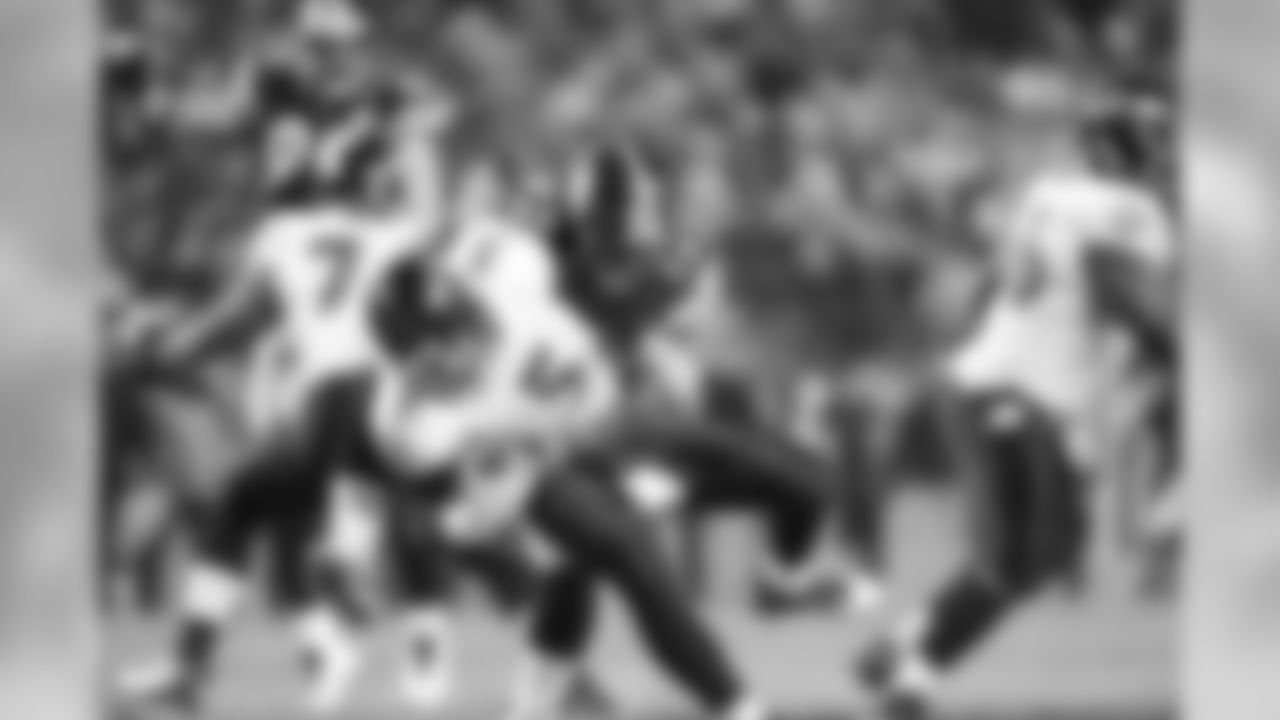
The Steelers defeated the Ravens 31-24 in an AFC Divisional playoff game on January 15, 2011.
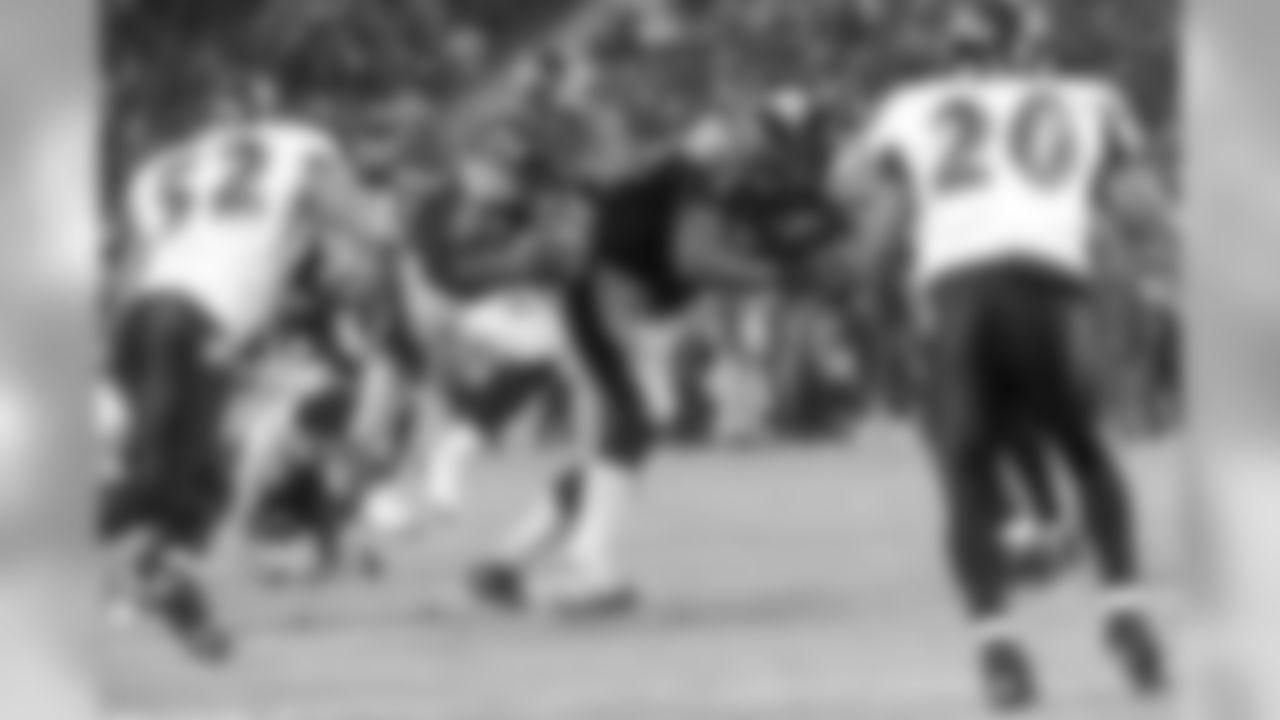
The Steelers defeated the Ravens 31-24 in an AFC Divisional playoff game on January 15, 2011.

The Steelers defeated the Ravens 31-24 in an AFC Divisional playoff game on January 15, 2011.

The Steelers defeated the Ravens 31-24 in an AFC Divisional playoff game on January 15, 2011.

The Steelers defeated the Ravens 31-24 in an AFC Divisional playoff game on January 15, 2011.

The Steelers defeated the Ravens 31-24 in an AFC Divisional playoff game on January 15, 2011.

The Steelers defeated the Ravens 31-24 in an AFC Divisional playoff game on January 15, 2011.

The Steelers defeated the Ravens 31-24 in an AFC Divisional playoff game on January 15, 2011.

The Steelers defeated the Ravens 31-24 in an AFC Divisional playoff game on January 15, 2011.

The Steelers defeated the Ravens 31-24 in an AFC Divisional playoff game on January 15, 2011.

The Steelers defeated the Jets 24-19 in an AFC Championship playoff game on January 23, 2011.
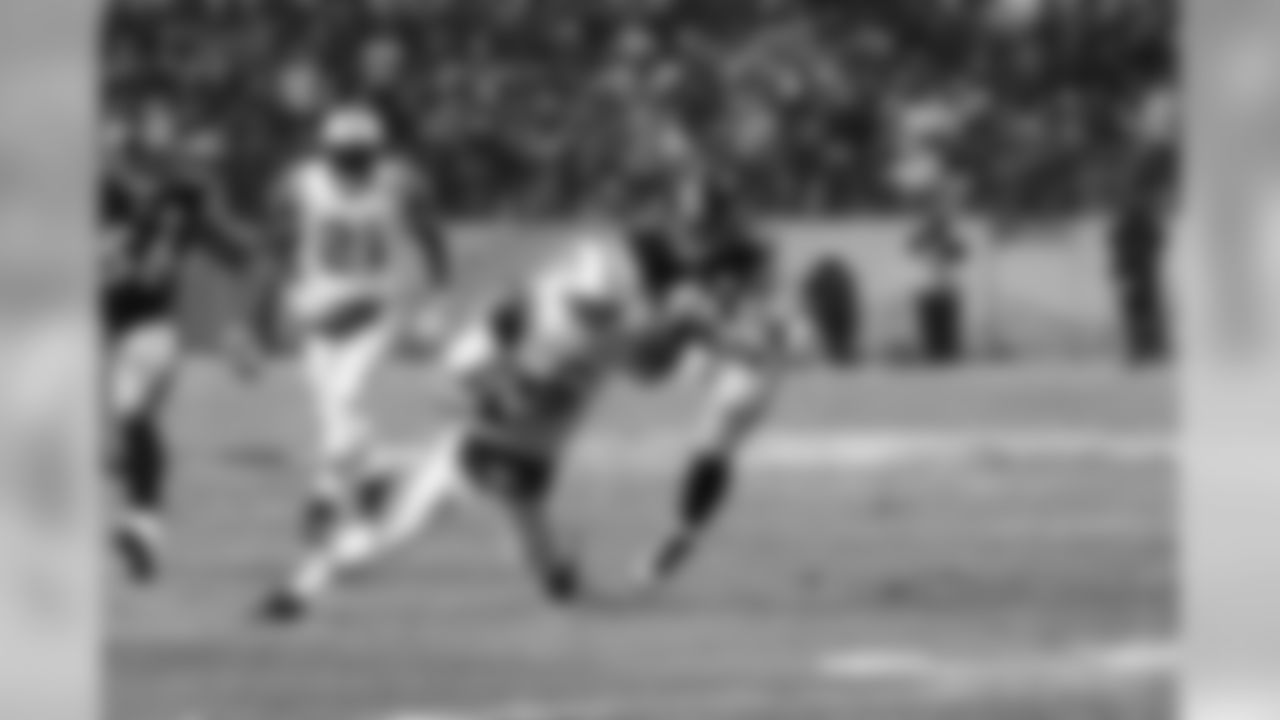
The Steelers defeated the Jets 24-19 in an AFC Championship playoff game on January 23, 2011.
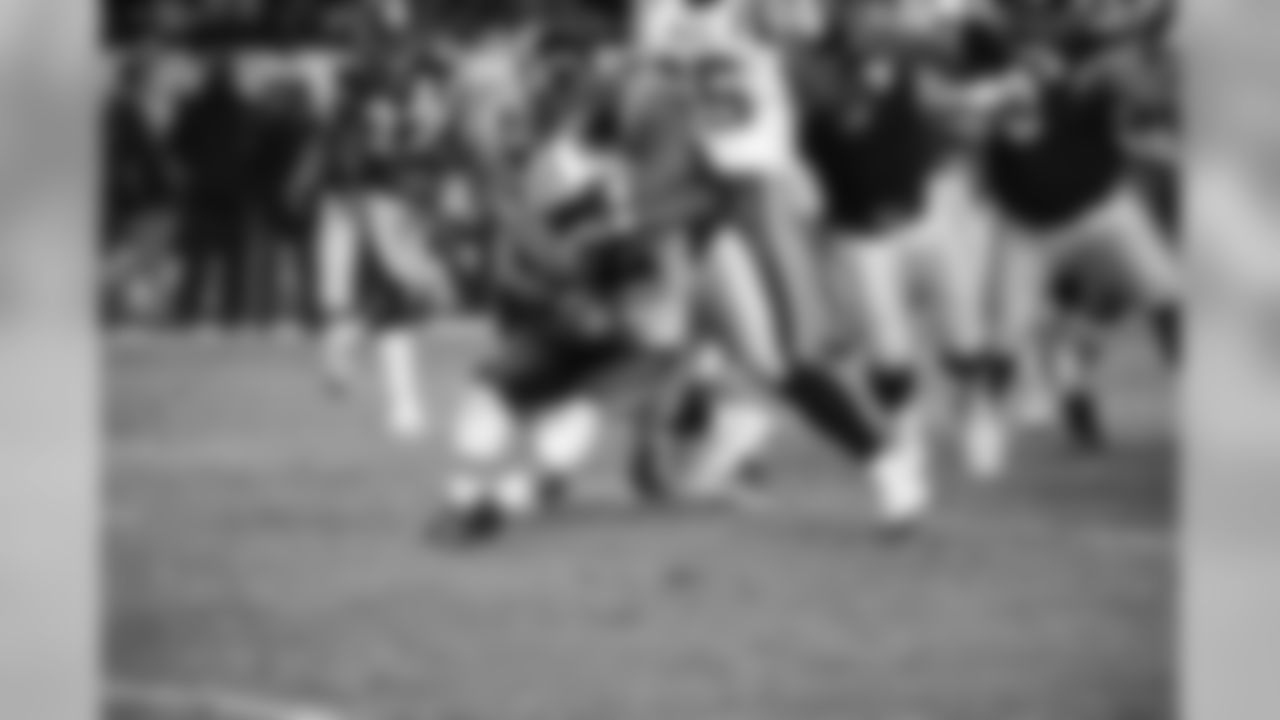
The Steelers defeated the Jets 24-19 in an AFC Championship playoff game on January 23, 2011.

The Steelers defeated the Jets 24-19 in an AFC Championship playoff game on January 23, 2011.
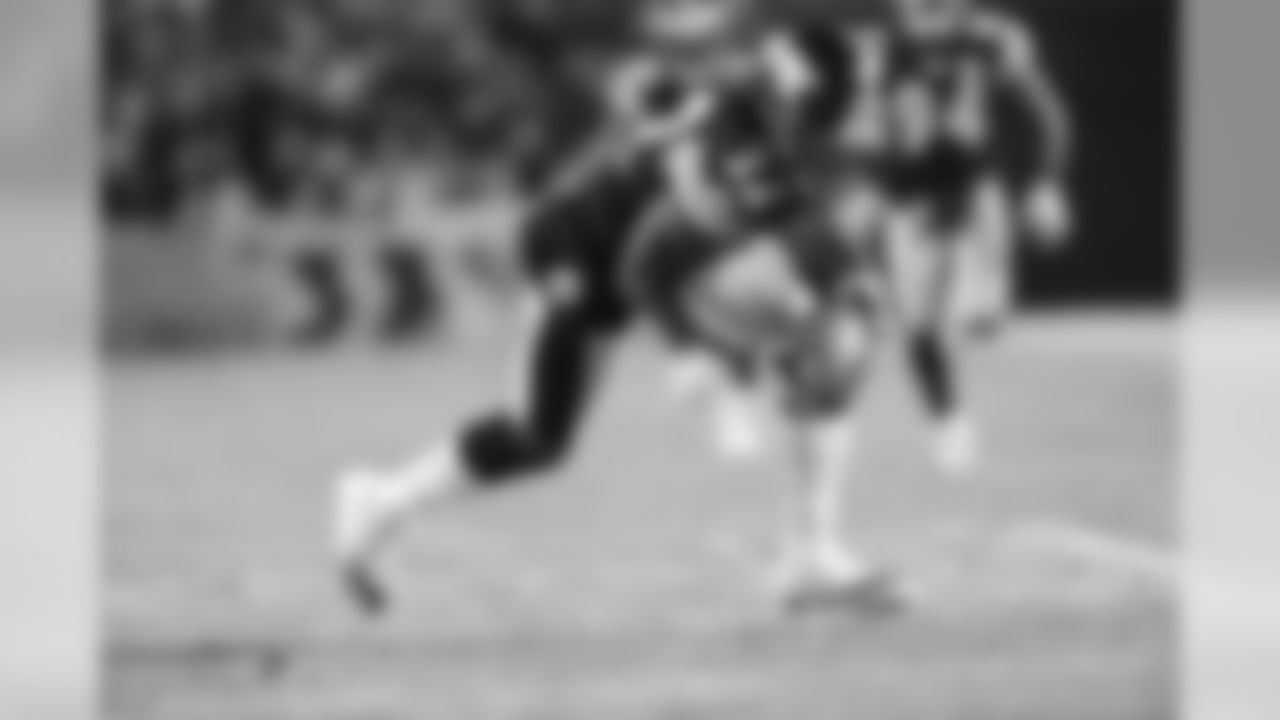
The Steelers defeated the Jets 24-19 in an AFC Championship playoff game on January 23, 2011.

The Steelers defeated the Jets 24-19 in an AFC Championship playoff game on January 23, 2011.

The Steelers defeated the Jets 24-19 in an AFC Championship playoff game on January 23, 2011.

The Steelers defeated the Jets 24-19 in an AFC Championship playoff game on January 23, 2011.

The Steelers defeated the Jets 24-19 in an AFC Championship playoff game on January 23, 2011.

The Steelers defeated the Jets 24-19 in an AFC Championship playoff game on January 23, 2011.

The Steelers defeated the Dolphins 30-12 in an AFC Wild Card playoff game on January 8, 2017.

The Steelers defeated the Dolphins 30-12 in an AFC Wild Card playoff game on January 8, 2017.

The Steelers defeated the Dolphins 30-12 in an AFC Wild Card playoff game on January 8, 2017.

The Steelers defeated the Dolphins 30-12 in an AFC Wild Card playoff game on January 8, 2017.

The Steelers defeated the Dolphins 30-12 in an AFC Wild Card playoff game on January 8, 2017.
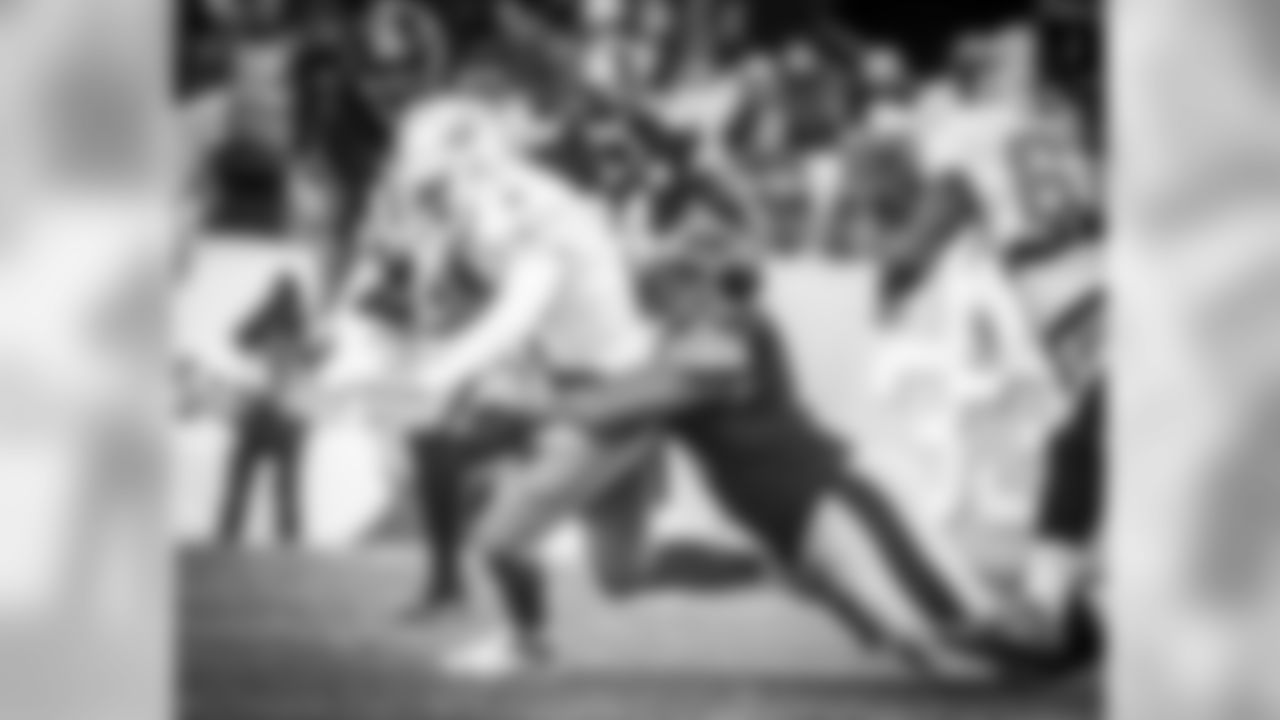
The Steelers defeated the Dolphins 30-12 in an AFC Wild Card playoff game on January 8, 2017.

The Steelers defeated the Dolphins 30-12 in an AFC Wild Card playoff game on January 8, 2017.

The Steelers defeated the Dolphins 30-12 in an AFC Wild Card playoff game on January 8, 2017.
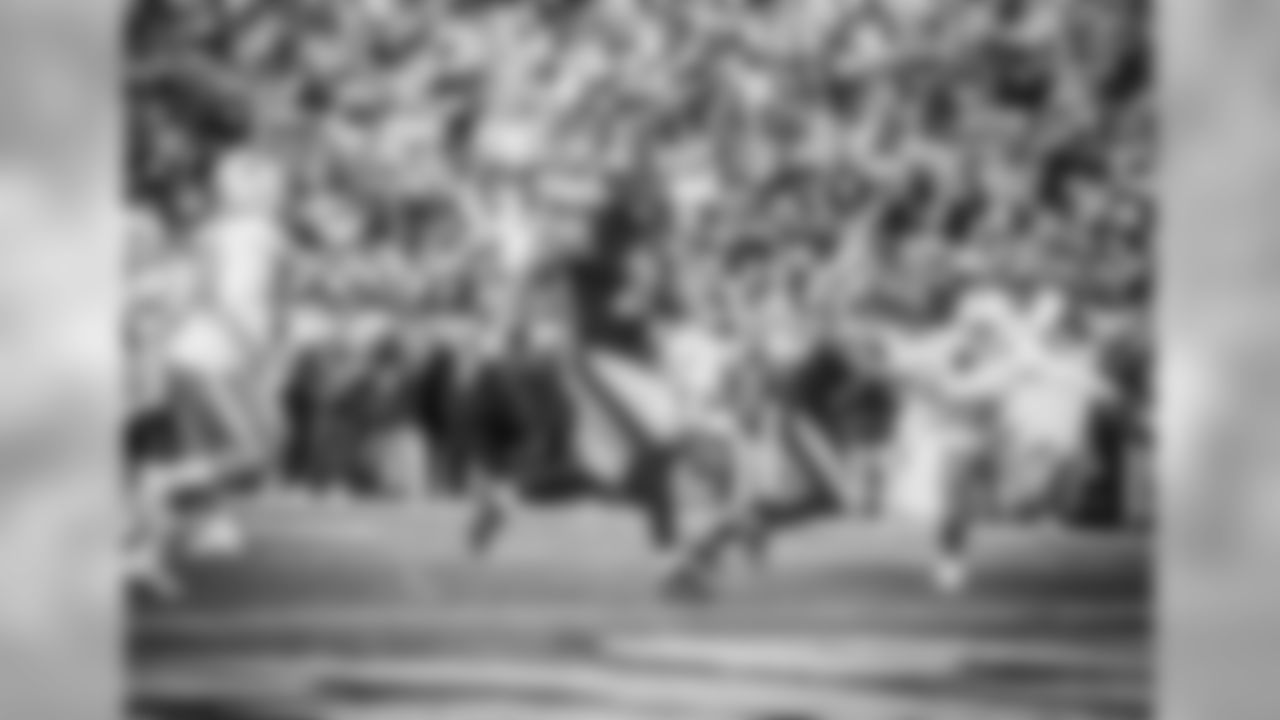
The Steelers defeated the Dolphins 30-12 in an AFC Wild Card playoff game on January 8, 2017.
Q. Who on defense sets the edge – is it a specific position?**
A. By call, it could be a defensive end, or an outside linebacker, or a safety, and from time-to-time it could even be a cornerback in cover-2-like structures. It's people who play on the edge, but by call, it could be any of the people I mentioned.
Q. What kinds of offensive plays require a defense to set the edge.
A. Perimeter runs. Quick-hitting perimeter passing, like screens and quick-game. Misdirection passing. Bootlegs. Things that misdirect the defense, that can get the defense going in one direction and then maybe go back the other way. We just want to be able to reduce the total amount of grass we're playing in under those circumstances so that we can get multiple people to the party as quickly as we can.
Q. What happens typically if the guy who's supposed to set the edge messes it up?
A. If your job is to set the edge and the ball ends up outside of you, then on the surface level you've created more grass that everybody else to cover, but it goes beyond that. You've also messed up the angles in which other people are pursuing, and those angles have to change in regards to the change of the course of the ball. It produces yards for the offense. If the offense can get outside the edge, it serves you well. We work hard to get outside the edge. Others, in all levels of football, work hard to get outside the edge because it's easy real estate out there.
Q. Another term thrown around a good bit is "spying." What is that?
A. Spy is a designation where you're doing half-a-job. You have one job, but you're also keeping an eye out for something else. It could be a dangerous receiver who's in a one-on-one matchup, and you want to put him in a one-on-one-and-a-half matchup. It could be done against a mobile quarterback where you have a four-man rush and you might want to make it a four-and-a-half-man rush by having someone spy. Or a three-man rush becomes a three-and-a-half-man rush because you have someone spy. Usually, you have one general assignment, but it's not too taxing and so you can keep an eye out for something else. Thus, the term spy.
Q. If a defense employs a spy, how does that impact the other 10 players on the field?
A. You're essentially robbing Peter to pay Paul. Often times, you're doing it in zone defense where he's an underneath zone defender, and if he's dealing with a mobile quarterback the minute he advances to minimize that mobile quarterback, then his zone is voided. You're walking a delicate line there of trying to get multiple jobs done with one person, but such is life. It happens all the time in different aspects of the game. Often times, a running back will chip his way out in the passing game. He's half-a-blocker, half-a-receiver in route combinations. It can happen in different areas of the game where you try to get multiple things done with one man, and you have to be careful in doing that, but if you're able to walk that tightrope and find that balance, it helps you.
**
Q. When is using a spy a good idea?**
A. Again, it's many scenarios. Some of the base scenarios are dangerous receivers, dangerous runners, mobile quarterbacks. When people have a lot of action go down at the chains in situational football – you have a team that really runs routes at the sticks on third-and-5 or third-and-6, then you might have a guy or people around the chains. There are a lot of variables. It's a loose term, but it's applied loosely to help you in certain circumstances to bridge the gap in an effort to maximize your strengths and minimize your weaknesses.
Q. In the regular season game, Leonard Fournette rushed for 181 yards and two touchdowns on 28 carries. But if you subtract the 90-yard run late in the game, he had 27 carries for 91 yards and one touchdown. Can you afford to look at it that way in preparing for a second matchup?
A. No. Quite simply, no. When I got into the NFL as a young assistant with Tampa Bay, we were in the NFC Central, the black-and-blue division, and it was always funny to hear people talk about Barry Sanders. "Man, we really shut him down if it wasn't for those two 80-yard runs." Or, "Man we really held him down if it wasn't for those two 50-yard runs."
You can't take those runs back. They're a part of the game, and that's just the reality of it. You're seeking comfort when you have those conversations, and I like to believe that our group is mentally tough enough that we're not in that business.
Q. During the week leading up to this game, Ryan Shazier attended a couple of practices. How did that come about?
A. It's just part of where he is in terms of progressing. He's been working extremely hard and experiencing some gains. He wants to get back to normalcy, if there's such a thing, getting around his teammates. Just getting back to doing things outside of the rehabilitation and things that have dominated his focus over the last month or so.
Q. What did that mean to the team to see him and be around him?
A. I think it's uplifting every time we have interactions with him, because everyone is rooting for him. And when you see him, you see progress. You see the strength in his spirit, and I think all of that is uplifting to us.
Q. When you have some time with Ryan, are you still coaching him, but maybe in a different way?
A. Very much. I work to make a conscious effort to challenge him in ways I've always challenged him. I think he needs that. I think he wants that. I'm sure there are a lot of people coddling him right now and feeling sorry for him, and so forth, and he's not cut like that. Those of us who know him love and appreciate that about him, and that's why we're all committed to treating him like we've always treated him.
**
Q. Do you find that this team, this particular group of players, has become closer over the course of this season?**
A. I have, but I think that happens with all groups, particularly with groups in the position that this group is in. You grow through your shared experiences. You grow as individuals, whether it's personally or professionally in terms of knowledge of the game or abilities. You also grow in terms of togetherness. There's no other way around it. You don't have unique results without having unique relationships, and so it's important that it turns up in our play. That time spent, that formal time, that informal time, that understanding, that camaraderie, those things you can't measure but you acknowledge are part of the game and get you out of stadiums. The championship team will have it. There might be other teams that have it, but the championship team, that's what produces the confetti.
Q. You were an assistant coach for the Tampa Bay Buccaneers for five seasons, and there was a time when there was some stat about Tampa Bay's awful record when the temperature was 40-degrees or colder. Is that a real thing? Can cold weather actually have a negative impact on a team?
A. It was for us. We had heard it so long. I was part of the group that broke that streak. We had to play the NFC Championship Game against the Eagles in The Vet, actually the last game played at The Vet. It was one of those historic nights, and we had an opportunity to shake that monkey off our backs, and that's what it felt like. It felt like we were shaking a monkey off our back. We were only responsible for what we were responsible for, but it was like we were toting the baggage of teams gone by, because you routinely get asked about it when you're playing in an environment that's below freezing. It happened the whole time I was in Tampa, whenever we were scheduled to play a game in Lambeau, if the temperature was on or around freezing, it was something the guys had to deal with and address during the course of the week.
It wasn't about the weather. It was more about answering the questions and being annoyed by that. I think when guys get in big moments, they're coming to play. I don't think that the weather is going to affect Jacksonville in terms of their mentality. It might affect them in terms of their execution because of a lack of exposure to it, but I doubt they're going to be wasting a lot of time talking about how cold it is. We're just beyond that point in the journey.
Q. Do you have to guard against individual guys wanting to exact revenge for what happened in the regular season meeting between these teams; as an example, Ben Roethlisberger wanting to throw five touchdown passes to make up for five interceptions?
A. I really believe it's water under the bridge at this point. That was so long ago. The vision of what we're hunting is so clear at this juncture because of the journey, because of the things we've covered along the way. I just think we're beyond that. I just think everybody is singularly and rightly focused on winning, because winning allows us to continue our pursuits.
Q. What are you looking for from your team in this game, in terms of intangibles?
A. I'm just looking for them to be themselves. I made a point to them on Friday, and it's a real one that was relayed to me when I was a young coach and it's probably the best thing you can tell a young guy or a team at this time of the year:
We don't need extraordinary performances. We just need the ordinary things to be done extraordinarily well. So I'm not going to start telling them new things. I'm not going to ask them to do things I haven't asked them to do to this point that led us here. I will simply continue to ask them to do the things I've asked them to do along the way, and we acknowledge that where we are – the road is getting narrow – that you better do those ordinary things well, because that's what will get you out of stadiums.














